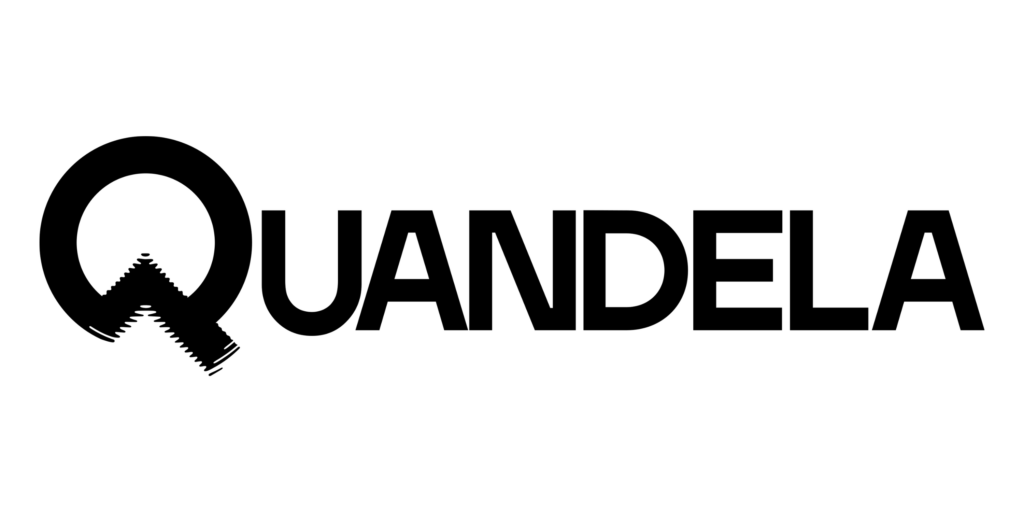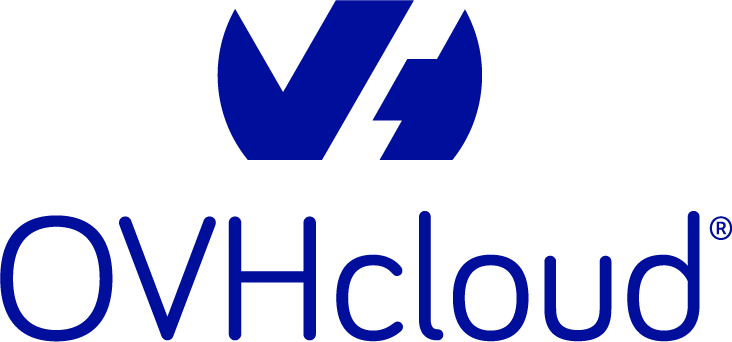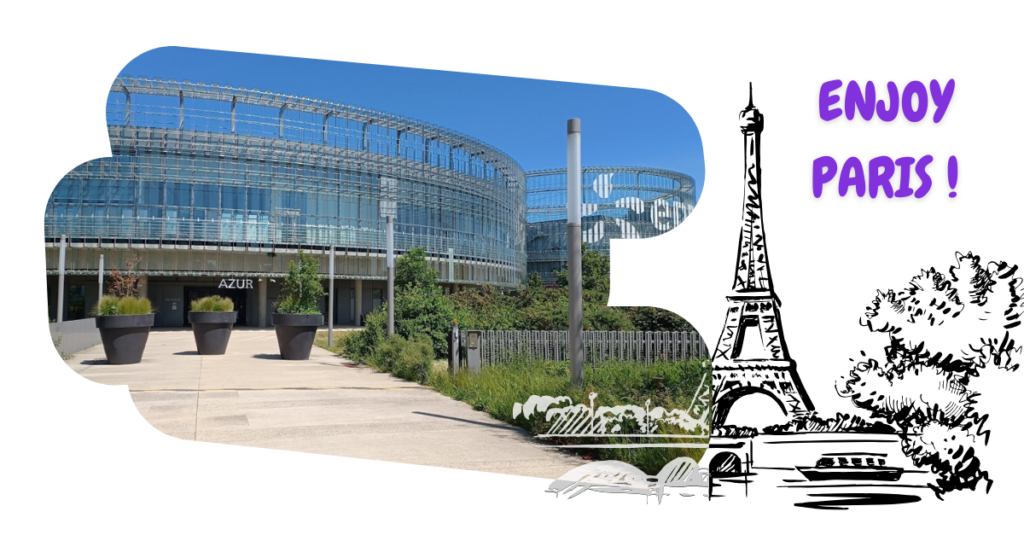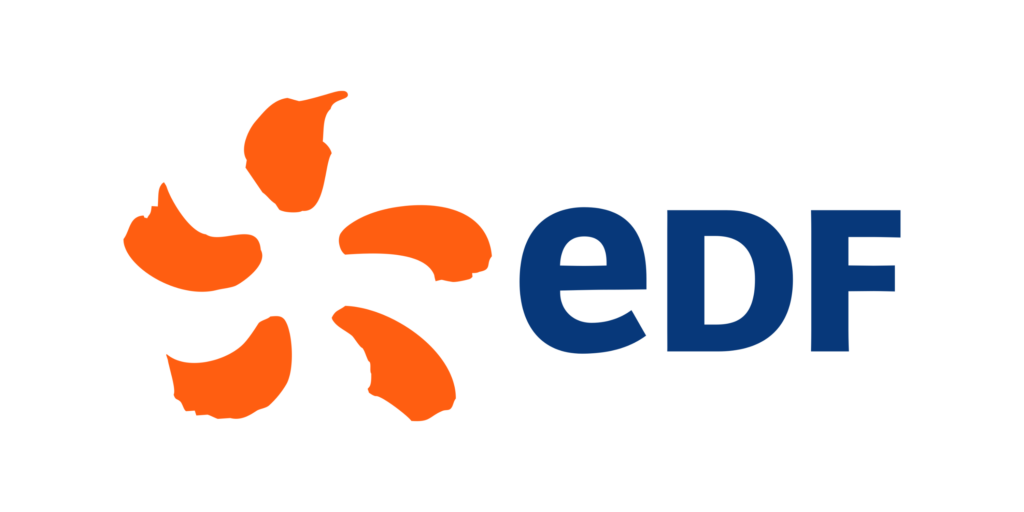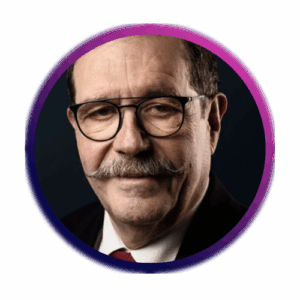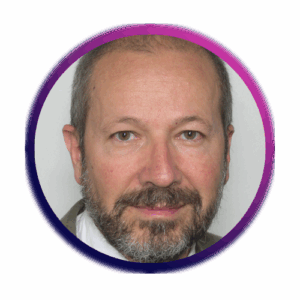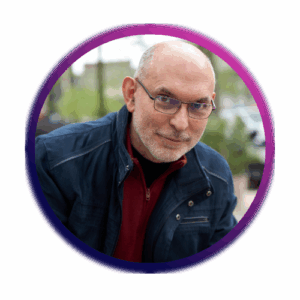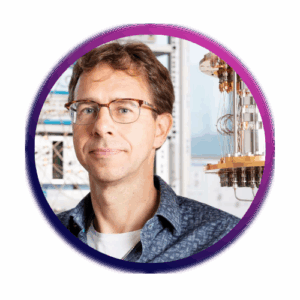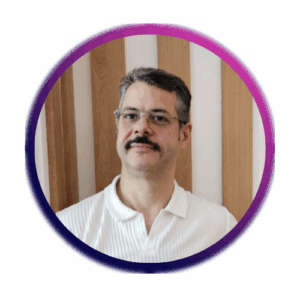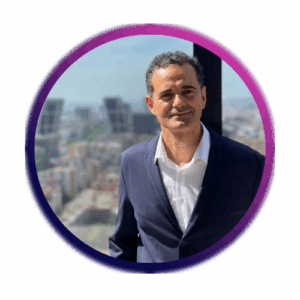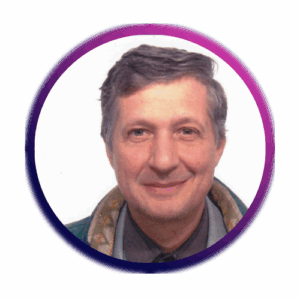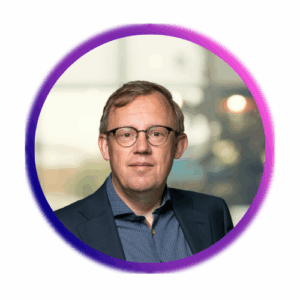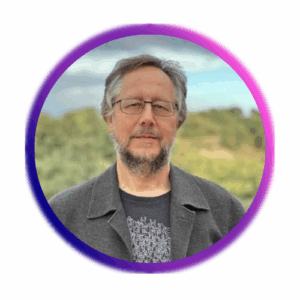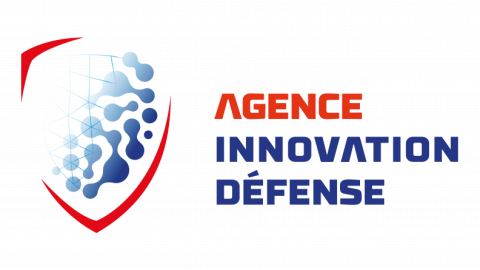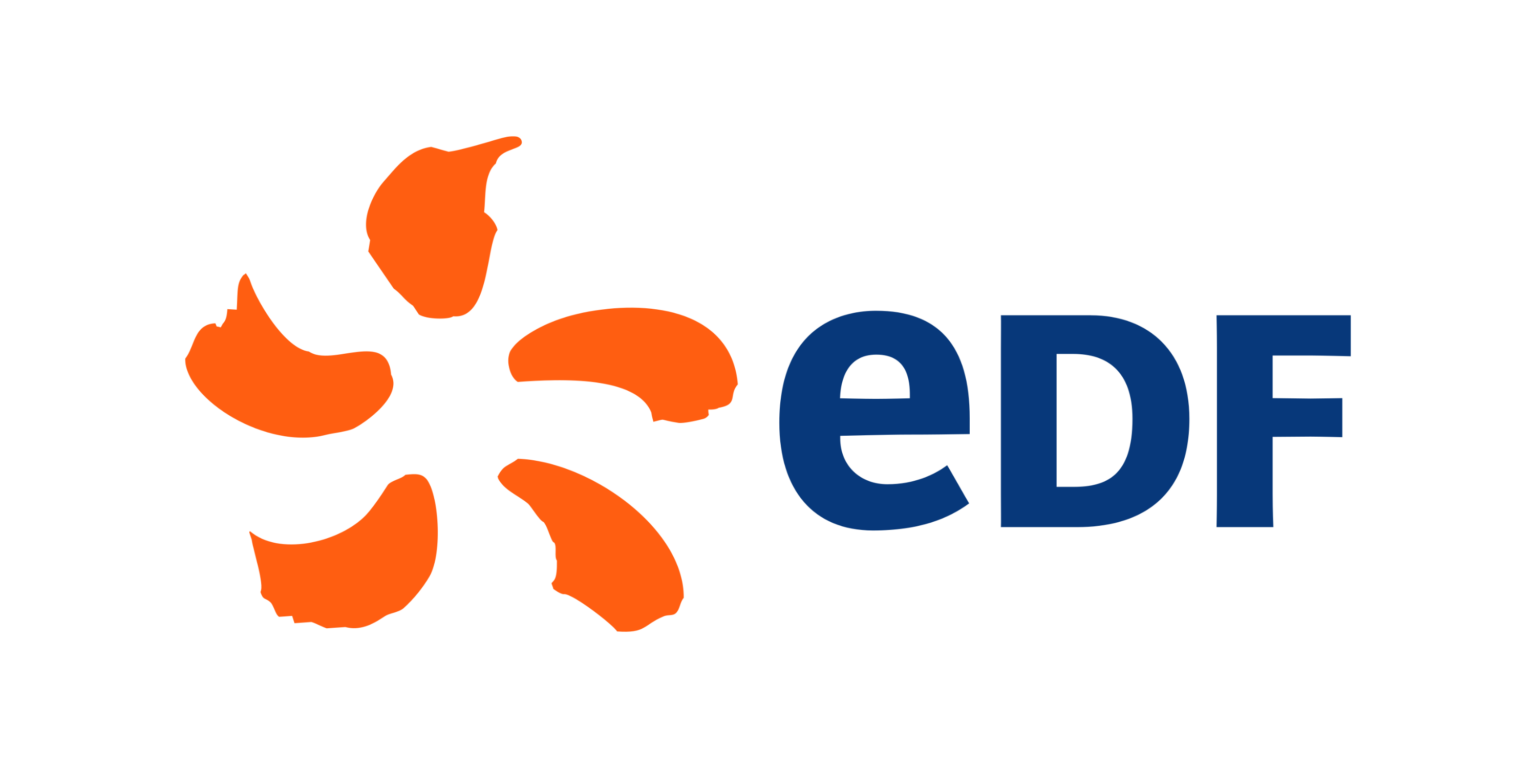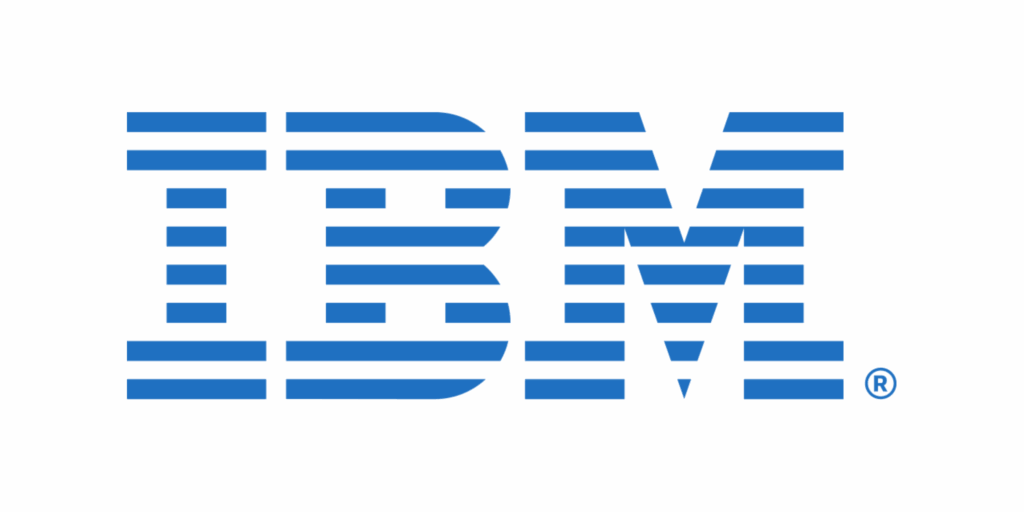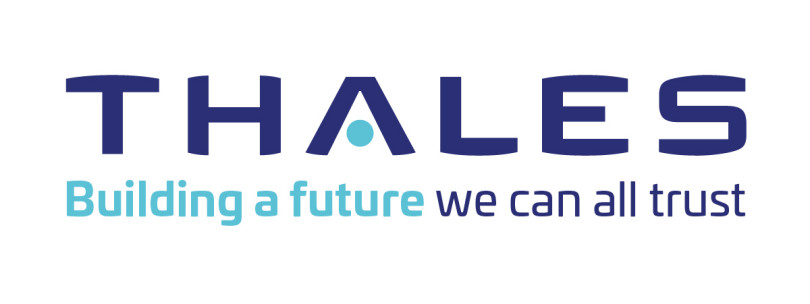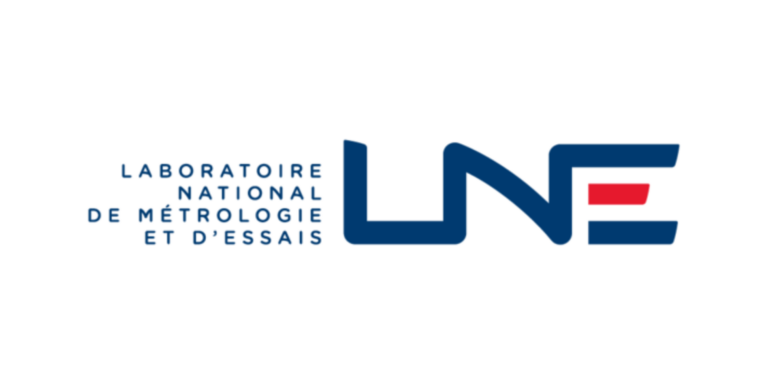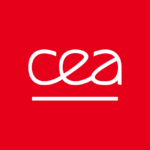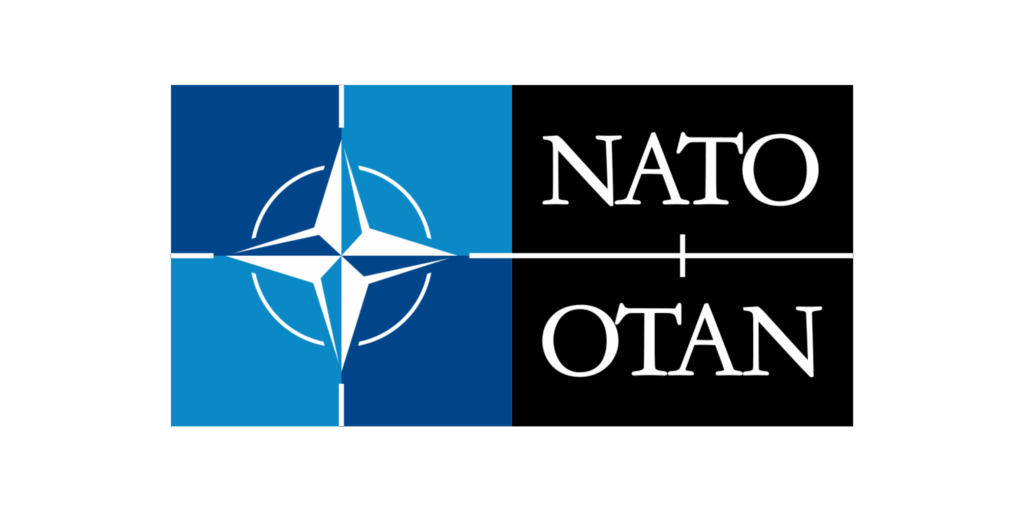1st December 2025
Monday, 1st December 2025 (Quest-IS)
Note: This program includes links that allow direct access to detailed sections of the website (keynotes). Clicking a link will automatically take you to the relevant section, even if it is located on a different page.
Auditorium
09:00
Opening of Institutional session
Frédéric Barbaresco (THALES)
Loïc Le Loarer (Head of the French Quantum Strategy, SGPI)
09:05
Bruno Bonnell
(General Secretary for Investment, France 2030, Prime Ministry)
09:15
Alexandre Lahousse
(DGA Deputy Director)
09:25
Patrick Aufort
AID (Agence Innovation Defense) Director
09:40
QUEST-IS General Chairs (F. Barbaresco & F. Gerin)
Opening & General announcements about the conference
09:55
Welcome address by EDF Executive
Bernard Salha (Director of EDF R&D)
10:15
Platinium sponsors addresses
THALES – David Sadek
10:35
Gold sponsors addresses
NATO STO TSI – Steen SØNDERGAARD
CEA – Jean-Philippe Nominé
(10 minutes each)
10:55-11:20 - Coffee break
Auditorium
11:20
Keynote speaker : Pierre Rouchon
(French Academy of Sciences)
11:50
Keynote speaker : Olivier Ezratty
(Author of Understanding Quantum Technologies)
12:20
Inauguration and Visit of the QUEST-IS 2025 Exhibition
12:20-13:30 - Lunch break
Auditorium
13:30
Keynote speaker : Marco Genovese
(INRIM)
Auditorium
Chairman : Magnus HÖIJER, Guido TORRESE
1 National Institute of Advanced Industrial Science and Technology (AIST), Global Research and Development Center for Business by Quantum-AI technology (G-QuAT)
2 National Institute of Advanced Industrial Science and Technology (AIST), National Metrology Institute of Japan (NMIJ)
3 National Institute of Advanced Industrial Science and Technology (AIST), Advanced Power Electronics Research Center (ADPERC)
4 School of Engineering, Institute of Science Tokyo
We propose a unified comparator architecture based on nitrogen-vacancy (NV) centers in diamond. The system replaces conventional magnetic pickup or flux feedback mechanisms with a solid-state quantum magnetometer that optically detects magnetic flux in the air-gap of a magnetic core. The NV sensor provides sensitivity to both AC and DC magnetic fields, enabling seamless operation across different metrological regimes, and fully compati-ble with a modern power electronics requirement. The proposed architecture offers key advantages such as complete electrical isolation, compact system, and potential scalability for portable or embedded applications. Modeling and recent advances in NV magnetometry suggest that the required sensitivity is achievable with current technologies. By addressing both AC and DC cur-rent measurement requirements in the field of power industries and funda-mental electrical standards, this concept paves the way toward a next-generation current ratio standard.
1 KWAN-TEK, France
2 LGEF, INSA-Lyon, UR682, Université Lyon, France
3 ELyTMaX IRL3757, CNRS, Univ Lyon, INSA Lyon, Centrale Lyon, Université Claude Bernard Lyon 1, Tohoku University, Sendai, Japan
4 Audit et R&T Industriels, SAFRAN TRANSMISSION SYSTEMS, France
Grinding burns alter the hardness and mechanical properties of steel compo-nents and can result in cracks or failure. Nital etching is widely used in the industry to detect grinding burns, but it poses environmental and safety risks and requires visual detection. Alternative techniques such as magnetic Bark-hausen noise inspection have been developed, but automation is hindered by calibration drifts and by the sensor dimensions. Here, we introduce a novel non-destructive approach based on nitrogen-vacancy center in diamond to detect leakage magnetic field from grinding burns. This technology enables quantitative vector magnetic field measurement, is contactless and does not require calibration. Grinding burns with different sizes were successfully de-tected with a high spatial resolution and sensitivity.
1 Quantum Village Inc., United Kingdom
This work presents an overview of our fully open-source, hackable quantum sensor platform based on nitrogen-vacancy (NV) center diamond magnetometry. This initiative aims to democratize access to quantum sensing by providing a comprehensive, modular, and cost-effective system. The design leverages consumer off-the-shelf (COTS) components in a novel hardware configuration, complemented by open-source firmware written in the Arduino IDE, facilitating portability, ease of customization, and future-proofing the design. By lowering the barriers to entry, our sensor serves as a compact platform for education, research, and innovation in quantum technologies, embodying the ethos of open science and community-driven development.
1 EPRI, United States of America
This paper presents an applicability review of practical quantum sensors and nascent quantum sensor technology for deployments in nondestructive evaluation in the nuclear power industry. Quantum sensors are capable of measuring several independent quantities such as electromagnetic fields, temperature, and pressure. These and some others are of interest to the nuclear power industry. It is anticipated that quantum sensors can provide value in this context beyond the value provided by classical sensors in that they can provide stable and highly accurate information, and in some cases, can measure multiple quantities simultaneously.
An exploratory exercise tasked with identifying applications where quantum sensors could provide real value to the nuclear industry was undertaken by the Electric Power Research Institute (EPRI) throughout the first 3 quarters of 2025 and culminated in a roadmap for quantum sensor technology development to benefit the industry. The results of this road-mapping work is discussed. Discussion is also given to corroborate appropriate development directions for quantum sensor technology based on identified applications and use-cases deemed to be most important for the power industry. Quantum sensors developed to benefit the nuclear industry will also benefit many adjacent industries.
Amphitheater
Chairman : Frédéric BARBARESCO, Emmanuelle VERGNAUD
1 Fraunhofer Institute for Cognitive Systems IKS, Munich, Germany
2 Fraunhofer Institute for Integrated Circuits IIS, Nuremberg, Germany
3 Reply SE, Machine Learning Reply GmbH, Munich, Germany
4 OptWare GmbH, Regensburg, Germany
5 BMW Group, Munich, Germany
6 Quantinuum, Munich, Germany
We introduce BenchQC, a quantum computing benchmarking project that focuses on application-centric benchmarking using diverse industry use cases. Expanding the open-source platform QUARK, we evaluate key metrics across the quantum software stack to identify trends towards quantum utility, and distinguish viable research directions. This initiative contributes to the broader effort of establishing reliable benchmarking standards that drive the transition from experimental demonstrations to practical quantum advantages.
1 Thales Land & Air Systems, France
2 LNE, France
3 TERATEC, France
Delivering an application-oriented benchmark suite for objective multi-criteria evaluation of quantum computing performance, a key to industrial uses.
With the support of the national program on measurements, standards, and evaluation of quantum technologies MetriQs-France, a part of the French national quantum strategy, the BACQ project is dedicated to application-oriented benchmarks for quantum computing. The consortium gathering THALES, EVIDEN, an Atos business, CEA, CNRS, TERATEC, and LNE aims at establishing performance evaluation criteria of reference, meaningful for industry users.
The proposed methodology consists in the aggregation of low-level technical metrics and a multi-criteria analysis via the tool MYRIAD-Q in order to provide operational performance indicators of the different quantum computing solutions and point out the service qualities of interest to the end-users. The aggregation of the criteria and multi-criteria analysis allows fully explainable and transparent notations, comparisons between different quantum machines and with classical computers, as well as identification of the practical advantages of each quantum machine with respect to specific applications. The project will address both analog machines (quantum simulators and annealers) and gate-based machines, Noisy Intermediate Scale Quantum (NISQ) and Fault Tolerant Quantum Computing (FTQC). The followed practical approach is to have a suite of benchmarks, adaptive to some extent, appropriate to the capabilities of the available machines and able to demonstrate their respective advantages, including, in the longer term, exponential speedup of specific algorithms on FTQC machines.
1 DLR Institute for AI Safety and Security, Wilhelm-Runge-Straße 10, 89081 Ulm, Germany
2 Fraunhofer Institute for Industrial Mathematics ITWM, Fraunhofer-Platz 1, 67663 Kaiserslautern, Germany
3 Conet Solutions GmbH, Bundeskanzlerplatz 2, 53113 Bonn, Germany
Quantum AI and Quantum Machine Learning (QML) are among the most promising and dynamic research fields, with a vast variety of QML models. However, standardized benchmarking is lacking, and end users often struggle to determine whether quantum AI — and which specific approach — is suitable for their use cases. Addressing these challenges is essential to evaluate the current state of quantum AI and advance toward quantum utility.
We have developed \emph{Quant²AI}, a holistic benchmarking framework for systematic comparisons of quantum AI pipelines using high performance clusters and both quantum simulators and hardware. Our end-to-end approach evaluates not just QML models but the whole pipeline, including e.g., preprocessing and hyperprameter variations. Its modular design enables easy integration of new components, such as alternative data preparation. We provide standardized and real-world datasets, quantum and classical AI reference pipelines, state-of-the-art evaluation metrics, and intuitive visualizations. Our framework offers benchmarking as a service for both researchers for testing their newly developed quantum AI components as well as end users for an intuitive way to identifying promising quantum AI applications.
1 Thales CortAIx Labs, France
Application-oriented benchmarking of quantum computing involves measuring multiple and often conflicting Key Performance Indicators (KPIs). These KPIs must be combined to assess the overall quality of a solution or to compare two different solutions. Multi-Criteria Decision Aiding (MCDA) is a suitable methodology for this purpose. We begin by discussing the state of the art in MCDA and identifying an appropriate MCDA approach for quantum benchmarking, which involves two steps to generate an overall score from the vector of KPIs: first, normalizing the KPIs, and then aggregating the normalized scores. The normalized scores are not uniquely defined and correspond to different scales. We examine the properties of invariance, wherein a change from one admissible scale to another should not affect the comparison between options. To facilitate aggregation, there is often an assumption of some form of commensurability (comparability) across the normalized scores of various KPIs. As this strict assumption may be strong in practice, we investigate the types of aggregation functions that accommodate different invariance assumptions.
Auditorium
15:50
Platinum & Gold sponsors addresses
IBM – Dr. Rajeev Malik
QUANDELA
ALICE&BOB – Rémi de La Vieuville
Auditorium
Chairman : Khulud ALMUTAIRI, Yasutaka AMAGAI
1 CEA, France
Detecting single photons in the optical frequency band is a well-established practice; however, this capability is just emergent at microwave frequencies. Single microwave photon detectors (SMPDs) are instrumental for efficiently detecting weak signals from incoherent emitters, with applications in axion searches, hybrid quantum systems, and superconducting quantum computing. At microwave frequencies, SMPDs rely on superconducting qubits to encode the presence or absence of an itinerant photon. Such quantum interaction provide a quantum non-demolition (QND) measurement of the photon state, in constrast with absorptive optical Single Photon detectors (SPDs). In this work, we leverage the QND nature of this interaction to repeatedly measure the photon state in a cascaded manner. By encoding the information on multiple qubits, we mitigate the intrinsic local noise of individual qubits, achieving a two-order-of-magnitude reduction in intrinsic detector noise at the cost of a slight reduction in efficiency. The photon detector concatenates two four wave mixing process coherently on a single chip. This scheme ensures fully quantum coherent dynamic of photon detection, enabling dynamical tuning of the detector’s bandwidth — a critical feature for practical use in setups affected by thermal photons.
We show how to balance the strengths of the parametric processes to maximize sensitivity and evaluate the core metrics of such a device. We demonstrate an intrinsic sensitivity of (8+-1)x10^{-24} W.Hz^{-1/2} at 8.798 GHz, with the detector noise entirely dominated by the thermal noise of the input resonator. The bandwidth tunability is 100 kHz. Limitations are discussed and addressed in recent work with a detector at 11.7 GHz.
1 CNRS, France
Synchronized spectroscopy measurements for acetylene and molecular iodine reference transitions performed with an ultrastable laser signal may be ex-ploited to constrain jointly couplings of dark matter to many fundamental constants.
1 Universiti Putra Malaysia, Malaysia
Quantum technology holds the potential to revolutionize fields like computing and communication by leveraging quantum properties from quantum systems. In photonic systems, there has been significant progress in quantum technology research that extensively exploited quantum optical states (photon sources) to utilize their unique statistical properties. For example, two induced states from coherent state (CS); Photon Added state (PA) and Displaced Fock state (DF) which possess quadrature-squeezing, anti-bunching and sub-Poisson were proven to improve the performance of quantum gates, boson sampling, and BB84/B92 cryptographic protocols. Recently, a new approach to deriving the photon statistics of PA, particularly its photon-number distribution, was introduced [1]. This approach employs a modified moment generating function (MGF) to manipulate the initial CS’s photon-number distribution, offering an alternative to conventional methods. While traditional derivations require performing a quantum operation first and then applying state projection (Born’s rule) to obtain the resulting photon-number distribution, the modified MGF method instead tracks the transformation of the photon-number distribution directly, bypassing the need for quantum operations like the creation operator. Nevertheless, despite its advantages, the new method is strictly limited to PA, overlooking DF. Therefore, we proposed a generalized MGF, which complements the modified MGF. This work paves the way for extending the MGF framework to a broader class of quantum state transformations, offering new insights into quantum optical state engineering and its applications in photonic quantum technology.
Rydberg atoms are highly promising for microwave electric field sensing owing to their large dipole matrix elements. While most experimental developments have focused on room-temperature vapors so far, utilizing cold atoms in this context could open new possibilities for applications where accuracy, long term stability and high-resolution at large integration times are required, such as calibrating blackbody shifts in state-of-the-art optical clocks or measuring the cosmic MW background.
At ONERA, we demonstrate a novel approach for the metrology of microwave fields with cold 87 Rubidium Rydberg atoms based on trap-loss-spectroscopy in a magneto-optical trap (MOT). This technique stands out for its simplicity, relying solely on fluorescence measurements. With a scale factor linearity at the 1% level and a long-term frequency stability equivalent to a resolution of 5 μV/cm at 2500 s and no noticeable drift over this time period, this new measurement technique appears to be particularly well-suited for metrology experiments. This method will allow in principle to reconstruct the amplitude and the frequency of the microwave field simultaneously without the need for an external reference field.
Amphitheater
Chairman : Félicien SCHOPFER, Ronin WU
1 CentraleSupelec, University of Paris-Saclay, France
2 Thales Research & Technology, Singapore
This paper explores the application of quantum computing, specifically quantum annealing via D-Wave systems, to address the Multiple Hypothesis Tracking (MHT) problem in tracking systems. This involves the critical task of assigning sensor detections to relevant targets amidst various challenges such as false alarms, noise, and target maneuvers. The NP-hard nature of MHT presents a significant obstacle, with the number of hypotheses escalating exponentially over time, leading traditional solvers to struggle under substantial computational load. By benchmarking classical solvers against D-Wave’s quantum annealing approach, the study has demonstrated remarkable improvements in computational time, achieving up to 15-fold speed-ups during high false alarm density scenarios. This work highlights the transformative potential of quantum computing over classical methods in efficiently tackling complex combinatorial optimization tasks, thereby offering a promising solution for demanding real-time tracking challenges. The research further suggests avenues for future exploration with different quantum computing technologies, underscoring the evolving landscape of technology in optimizing tracking system efficiency.
1 Université Paris Saclay, CEA, LIST, France
The Maximum Cardinality Matching (MCM) Gn series represents a well-established set of problems designed to evaluate the capabilities of optimization heuristics. These problems have been instrumental in probing the optimization potential of various D-Wave quantum computers, offering insights into their performance and limitations. Complementary to the NP-hard yet unconstrained MaxCut problem used in the Q-Score benchmark, the MCM Gn series provides a constrained framework that further challenges quantum optimization techniques.
In this paper, we introduce a benchmark score specifically tailored to assess the capabilities of quantum optimization heuristics such as Quantum Annealing (QA) and the Quantum Approximate Optimization Algorithm (QAOA) on quantum computers. This score aims to offer a comprehensive metric for evaluating the effectiveness of these methods in solving complex optimization problems, thereby contributing to the broader understanding of quantum computational utility and guiding future advancements in the field.
1 Orange Innovation, Rennes, France
2 Université de Picardie Jules Verne, Amiens, France
Data encoding plays a fundamental and distinctive role in Quantum Machine Learning (QML). While classical approaches process data directly as vectors, QML may require transforming classical data into quantum states through encoding circuits, known as quantum feature maps or quantum embeddings. This step leverages the inherently high-dimensional and non-linear nature of Hilbert space, enabling more efficient data separation in complex feature spaces that may be inaccessible to classical methods. This encoding part significantly affects the performance of the QML model, so it is important to choose the right encoding method for the dataset to be encoded. However, this choice is generally arbitrary, since there is no « universal » rule for knowing which encoding to choose based on a specific set of data. There are currently a variety of encoding methods using different quantum logic gates. We studied the most commonly used types of encoding methods and benchmarked them using different real datasets.
1 QPerfect, France
Classical quantum emulators are key tools for algorithm design, error correction, and noise mitigation. They rely on a variety of simulation methods such as statevector, tensor networks, matrix product states, decision diagrams, and others. Their performance depends not only on simulation method and circuit properties, but also on emulator-specific parameters, pre-processing, and implementation. Systematic benchmarking of emulators is essential for advancing simulation techniques and selecting the most suitable emulator for a given task. To address this need, we present an open-source, user-centric, problem-agnostic framework with a unified API for twelve leading emulators, delivering detailed performance insights for quantum computing research and development.
1 Department of Applied Cryptography & Quantum Algorithms, The Netherlands Organisation for Applied Scientific Research, The Netherlands
2 Fontys University of Applied Sciences, Eindhoven, The Netherlands
Current quantum computers suffer from a limited number of qubits and high error rates, limiting practical applicability. Different techniques exist to mitigate these effects and run larger algorithms. In this work, we analyze one of these techniques called quantum circuit cutting. With circuit cutting, a quantum circuit is decomposed into smaller sub-circuits, each of which can be run on smaller quantum hardware. We compare the performance of quantum circuit cutting with different cutting strategies, and then apply circuit cutting to a QAOA algorithm. Using simulations, we first show that Randomized Clifford measurements outperform both Pauli and random unitary measurements. Second, we show that circuit cutting has trouble to provide correct answers in noisy settings, especially as the number of circuits increases.
18:10
Gouvernemental talk (To be Confirmed)
18:30-19:30 - transportation by coaches from EDF R&D Paris Saclay Campus to LNE Paris headquarters
19:30-21:00 - LNE Cocktail
3rd December 2025
Wednesday, 3rd December 2025 (Quest-IS)
Note: This program includes links that allow direct access to detailed sections of the website (keynotes). Clicking a link will automatically take you to the relevant section, even if it is located on a different page.
Auditorium 1
09:00
Quantum Communications
Keynote speaker : Vicente Martin
(Univ. Politécnica de Madrid)
Auditorium 1
09:30 - Quantum Communications – Quantum Key Distribution
Chairman : Jonathan PISANE, Nicolas FABRE, Mathieu BERTRAND
1 Universidade de Vigo, Spain
The advancement of quantum computing threatens classical cryptographic methods, necessitating the development of secure quantum key distribution (QKD) solutions for QKD Networks (QKDN). In this paper, a novel key distribution protocol, Onion Routing Relay (ORR), that integrates onion routing (OR) with post-quantum cryptography (PQC) in a key-relay (KR) model is evaluated for QKDNs. This approach increases the security by enhancing confidentiality, integrity, authenticity (CIA principles), and anonymity in quantum-secure communications. By employing PQC-based encapsulation, ORR aims to avoid the security risks posed by intermediate malicious nodes and ensures end-to-end security. Our results show a competitive performance of the basic ORR model, against current KR and trusted-node (TN) approaches, demonstrating its feasibility and applicability in high-security environments maintaining a consistent Quality of Service (QoS). The results also show that while basic ORR incurs higher encryption overhead, it provides substantial security improvements without significantly impacting the overall key distribution time. Nevertheless, the introduction of an end-to-end authentication extension (ORR-Ext) has a significant impact on the Quality of Service (QoS), thereby limiting its suitability to applications with stringent security requirements.
1 THALES, France
Quantum Key Distribution (QKD) represents a groundbreaking method for secure communication, leveraging the principles of quantum mechanics to facilitate the secure exchange of cryptographic keys.
QKD networks may be categorized into point-to-point and multi-node systems. Point-to-point configurations involve a direct quantum connection between two nodes, but are limited in range. Conversely, multi-node QKD networks connect several users via relay stations, extending the reach of key distribution. Multi-node QKD networks implies the need for trusted relays that serve as intermediaries for the key routing, but bring high security constraints.
In this work we propose a complete architecture for a QKD network, from the physical layer up to the network controller. Our design is based on a centralized approach for Quantum Keys Management to mitigate security risks on the trusted relays.
This paper explores the essential components, design principles, and architectural models of QKD networks, which are critical in enabling secure information exchange amid rising cybersecurity concerns. Security within QKD networks is paramount, encompassing measures to address various threats. This includes the establishment of quantum-safe classical networks, rigorous node authentication, and dynamic eavesdropping countermeasures. Moreover, our architecture accommodates scalability and interoperability to integrate new nodes and technologies seamlessly. All these features are addressed in this paper, with a focus on the centralized Key management system we implemented to drive QKD.
1 Orange, 2 Av. Pierre Marzin, 22300 Lannion, France
2 ThinkQuantum S.r.l., Via della Tecnica, 85, IT-36030 Sarcedo (VI), Italy
3 Thales, 110 avenue du Maréchal Leclerc, 49300 Cholet, France
4 Thales, 1 avenue Augustin Fresnel, 91767 Palaiseau, France
5 French State, Ministère chargé des Transports, DGAC/DSNA/DTI, 1 avenue du Dr-Maurice-Grynfogel 31035 Toulouse Cedex 1, France
This study explores the implementation of a Trusted Node (TN) with an optical switch to enhance the reach of QKD systems. The use of the switch allows to re-duce the number of required Alice/Bob pairs, thereby lowering costs. A testbed was developed within the FranceQCI project to evaluate the performance of the optical switch-based QKD system in the context of Air Traffic Control (ATC) data transmission. The setup involved two polarization-based QKD transmitters, a switch and a single receiver, and two encryptors. Results show that the optical switch effectively allows the transmission of end-to-end encryption keys. Fur-thermore, the availability of encryption keys remains sufficient even during physical link interruptions, ensuring data confidentiality/integrity. User-centric evaluations demonstrated that the QKD-based encryption process did not signif-icantly impact data crossing times, aligning with operational requirements.
1 Telecom Paris, Institut Polytechnique de Paris, France
We present an experimental method for continuous-variable quantum key distribution (CV-QKD) that removes the need for conventional receiver noise calibration. By exploiting Multi-Level Parameter Estimation (MLPE) with controlled attenuation at the receiver, our approach directly estimates the total receiver noise, including contributions from the local oscillator, while simultaneously extracting channel-induced excess noise. This calibration-free technique allows continuous operation without halting quantum transmissions, increasing experimental throughput and robustness. We implement the method in a dual-polarization, local-local oscillator CV-QKD system multiplexed with a classical communication channel, demonstrating precise receiver noise estimation. Our results highlight MLPE as a practical tool for scalable, real-time CV-QKD deployment.
Auditorium 2
09:30 - Quantum Algorithms, Computing & Simulation – Quantum Machine Learning B
Chairman : Stéphane VIALLE, Tony QUERTIER
1 New York University Abu Dhabi, United Arab Emirates
2 Hassan II University of Casablanca, Morocco
Quantum Neural Networks (QNNs) represent a promising frontier in quantum machine learning, offering potential advantages in terms of expressivity and computational efficiency. However, their rapid development has outpaced critical attention to their security. In this work, we position QNN security as a foundational research challenge and present a comprehensive threat model spanning input encoding, circuit compilation, execution, and deployment. We introduce a taxonomy of emerging quantum-specific attack classes, including dataset poisoning, circuit tampering, side-channel leakage, multi-tenant interference, and federated learning threats. Our analysis highlights key gaps, including the lack of quantum-native robustness metrics, hardware variability, and cross-layer vulnerabilities. To address these issues, we outline strategic directions for developing secure-by-design QNN architectures, emphasizing formal verification, quantum-aware defenses, and adversarial benchmarking. This work lays the groundwork for a systematic approach to building trustworthy and resilient quantum learning systems.
1 LIP6 (CNRS, Sorbonne Université) - Naval Group, France
Linear optical architectures have been extensively investigated for quantum computing and quantum machine learning applications. Recently, proposals for photonic quantum machine learning have combined linear optics with resource adaptivity, such as adaptive circuit reconfiguration, which promises to enhance expressivity and improve algorithm performances and scalability. Moreover, linear optical platforms preserve some subspaces due to the fixed number of particles during the computation, a property recently exploited to design a novel quantum convolutional neural networks. This last architecture has shown an advantage in terms of running time complexity and of the number of parameters needed with respect to other quantum neural network proposals. In this work, we design and experimentally implement the first photonic quantum convolutional neural network (PQCNN) architecture based on particle-number preserving circuits equipped with state injection, an approach recently proposed to increase the controllability of linear optical circuits. Subsequently, we experimentally validate the PQCNN for a binary image classification on a photonic platform utilizing a semiconductor quantum dot-based single-photon source and programmable integrated photonic interferometers comprising 8 and 12 modes. In order to investigate the scalability of the PQCNN design, we have performed numerical simulations on datasets of different sizes. We highlight the potential utility of a simple adaptive technique for a nonlinear Boson Sampling task, compatible with near-term quantum devices.
1 Warsaw University of Technology, Poland
2 Texas A&M University, USA
3 University of Toronto, Canada
The Bell and Clauser-Horne-Shimony-Holt (CHSH) inequalities both test quantum mechanics against local hidden variable theories but differ fundamentally in experimental feasibility. The original Bell inequality requires perfect anti-correlation (identical outcomes when measurement settings align) and ideal detectors—assumptions unattainable in real-world setups due to noise and inefficiencies, limiting its practical utility. In contrast, the CHSH inequality tolerates imperfections, requiring only statistical correlation measurements across four setting combinations. This robustness makes it the preferred choice for experiments such as Mach-Zehnder interferometer-based tests, where quantum states (e.g., single photons) are manipulated to violate CHSH. While other Bell-type inequalities could theoretically be implemented in such setups, CHSH dominates due to its resilience to detector limitations and noise. These features make it pivotal for industry-scale Quantum Key Distribution (QKD) protocols. In QKD, entangled photon pairs are exchanged between Alice and Bob, who perform measurements in different bases, relying on perfectly randomly generated numbers. They calculate the CHSH value: S = \langle AB \rangle + \langle AB’ \rangle + \langle A’B \rangle – \langle A’B’ \rangle, where the angle brackets represent correlation functions between their measurement outcomes. If Alice and Bob observe S > 2, this confirms that they share genuine quantum entanglement; no eavesdropper can have complete information about their key, and the correlations cannot be explained by classical physics.
While the original Bell inequality’s mathematical rigour makes its practical adoption almost impossible, the CHSH approach is preferred not only for its experimental feasibility but also for its built-in self-testing capabilities, which are critical for real-world quantum security. This feature is essential for the mathematical formulation of QKD because it provides the theoretical foundation for device-independent CHSH security, the gold standard for quantum cryptography. Theoretically, it simultaneously verifies the quantum state, detects eavesdropping, enables scalable implementations, and maintains security even when the hardware cannot be trusted [1].
Despite the mathematical excellence of CHSH-based QKD, their engineering possibilities compromise their security foundations, creating space for the so-called Quantum Hacking. Several real-world quantum hacking techniques have been successfully demonstrated against commercial QKD systems as of 2025, utilising methods such as Phase Remapping Attack, Trojan Horse Attack, Time-Shift Attack, or Detector Blinding Attack. This work introduces a new method to exploit weak Random Number Generators (RNGs) in QKD systems using quantum RNG (qRNG) and machine learning. By monitoring entropy and external factors (e.g., temperature), we demonstrate how compromised RNGs enable side-channel attacks. Our framework integrates:
– Multi-modal RNG Analysis: A 12-qubit qGAN quantifies distribution similarity via relative entropy (KL divergence <0.1) and discriminator loss (3.7–17), validated on Rigetti Aspen-M-3 (80 qubits) and IonQ Aria-1 (25 qubits) hardware.
– Bias Detection: Markov chain-enhanced logistic regression identifies hardware-induced biases (59% ‘1’ frequency in compromised RNGs vs. 54% in certified devices).
– Real-Time Monitoring: A neural network classifier (58.7% accuracy) discriminates quantum-generated randomness from classical simulations using 100-bit entropy profiles.
Experimental results show CHSH scores correlate with RNG quality (Rigetti: 0.8036, IonQ: 0.8362), while gate fidelity (IonQ: 99.4% vs. Rigetti: 93.6%) impacts certifiable randomness. Combining device-independent CHSH validation with machine learning, this framework detects attacks like phase remapping and detector blinding through entropy deviations.
By bridging theoretical security with engineering realities, our methodology addresses critical QKD implementation gaps. For instance, temperature-induced RNG biases—tracked via real-time entropy monitoring—enable side-channel exploitation unless mitigated by adaptive protocols. This approach enhances NIST’s « randomness extractor » pipeline, ensuring compliance with post-quantum standards under realistic noise conditions [2].
References:
[1] Zapatero, V., van Leent, T., Arnon-Friedman, R. et al. Advances in device-independent quantum key distribution. npj Quantum Inf 9, 10 (2023).
https://www.nature.com/articles/s41534-023-00684-x
[2] Kołcz, H., Pandey, T., Shah, Y. et al. Verification of qRNG with qGAN and Classification Models. QUACC+ CTP PAS, Warsaw, Poland (2025).
Poster: https://github.com/hubertkolcz/NoiseVsRandomness
BOA: https://quacc2025.cft.edu.pl/QUACC+2025_BOA.pdf
1 eleQtron GmbH, Heeserstraße 5, 57072 Siegen, Germany
2 Institute of Architecture of Application Systems, University of Stuttgart, Universitätsstraße 38, Stuttgart, Germany
3 DB Systel GmbH, Jürgen-Ponto-Platz 1, 60329 Frankfurt am Main, Germany
4 Fraunhofer ITWM, Fraunhofer-Platz 1, 67663 Kaiserslautern, Germany
5 Fraunhofer FOKUS, Kaiserin-Augusta-Allee 31, D-10589 Berlin, Germany
6 Alpine Quantum Technologies GmbH, Technikerstraße 17/1, 6020 Innsbruck, Austria
7 Accenture GmbH, Kaistr. 20, 40221 Düsseldorf, Germany
8 RheinMain University of Applied Sciences, Kurt-Schumacher-Ring 18, 65197 Wiesbaden, Germany
9 Kipu Quantum GmbH, Greifswalderstrasse 212, 10405 Berlin, Germany
The transition of quantum computing into practical applications depends on successfully combining quantum algorithms with existing classical software systems. Resources for creating hybrid applications are currently fragmented which demands teamwork efforts across various disciplines. Moreover there currently are no clear predefined methods, standards or solutions for these complex operations. We introduce hereby EniQmA which stands as a quantum software engineering framework for unifying this development process as well as deployment and operation of hybrid quantum-classical applications. EniQmA integrates agile workflows with domain-specific toolchains along with quantum DevOps practices to enable connecting theoretical quantum algorithms with scalable industrial applications. The framework delivers structured process models together with quality standards and cohesive dvelopment tools to produce reliable and sustainable quantum software. Through its low-code/no-code capabilities EniQmA makes quantum application development accessible to domain experts who have minimal quantum expertise or enable specialists with no programming experience. Our framework demonstrates its effectiveness in three real-world industrial scenarios which show how it helps move research into practical deployment. EniQmA creates an essential initial step for standardizing quantum software engineering which speeds up the journey to practical quantum advantage in industrial applications.
1 LIP6 (CNRS, Sorbonne Université)
2 Naval Group
3 Quandela
4 INRIA, ENS
5 School of Informatics, University of Edinburgh
We propose a new scheme for near-term photonic quantum devices that allows to increase the expressive power of the quantum models beyond what linear optics can do. This scheme relies upon state injection, a measurement-based technique that can produce states that are more controllable, and solve learning tasks that are believed to be intractable classically. We explain how circuits made of linear optical architectures separated by state injections are well-suited for experimental implementation. In addition, we give theoretical results regarding the evolution of the purity of the resulting states, and we discuss how it impacts the distinguishability of the circuit outputs. Finally, we study a computational subroutine of learning algorithms named probability estimation, and we show that the state injection scheme we propose may offer a potential quantum advantage in a regime that can be more easily achieved than state-of-the-art adaptive techniques. Our analysis offers new possibilities for near-term advantage that rely on overcoming fewer experimental difficulties.
Auditorium 1
11:40
Quantum Computing Applications
Keynote speaker : Frank Phillipson
(TNO)
Auditorium 1
12:10 - Quantum Communications – Towards a Quantum Internet Infrastructure
Chairman : Pyka KARSTEN, Mathieu BERTRAND
1 Thales SIX GTS Gennevilliers, France
2 Thales Research and Technology, Palaiseau, 91767, France
3 Centre de nanosciences et de nanotechnologies, Université Paris-Saclay, CNRS, Palaiseau, 91120, France
4 Chimie ParisTech, PSL University, CNRS, Institut de Recherche de Chimie, Paris, 75005, France
5 Faculté des Sciences et Ingénierie, Sorbonne Université, UFR933, 75005 Paris, France
Rare-earth (RE) doped crystals are a promising platform for quantum memories: at cryogenic temperatures they feature narrow optical transitions, long hyperfine coherence time [1], while maintaining very large inhomogeneous absorption lines, allowing for higher degrees of multiplexing. Current storage experiments in bulk RE doped crystal display limited efficiency for long storage time due to low absorption [2] and poor light-matter interaction strength due to free space beam divergence, especially when optically long samples are needed. Waveguides in RE doped crystals appear as a good solution to enhance memory performances: the optical Rabi frequency remains constant in the material, and the interaction length can be extended to match the desired absorption depth [3] to reach maximum efficiency, together with an improved scalability [4]. For this reason, many techniques for fabricating integrated quantum memories in RE ensemble have been investigated. Most of them either show poorer spectroscopic performances [5] or can’t allow for complex functions [6] such as couplers, curvatures or cavities.
Here we present the fabrication of single-crystalline Y2SiO5 waveguides. Those structures are made from bulk crystals and should be able preserve the bulk properties. We describe our progresses on different steps of the fabrication process including recent results on crystal bonding, YSO layer thinning down to micrometric thicknesses and dry-etching of YSO. Simulations have been performed to determine the geometry and dimensions of the waveguide’s structure. Efficient cryogenic fiber coupling is verified and erbium spectroscopy at low temperature in these crystalline waveguides will be presented and compared to bulk.
[1] M. Zhong et al., Nature, 517, no 7533, p. 177‑180, (2015).
[2] Y. Ma et al., Nat. Commun., 12., 2381 (2021)
[3] M.Afzelius et al., Phys.Rev.A, 79., 052329 (2009)
[4] Jing et al., Appl. Phys. Rev. 11., 031304 (2024)
[5] Ourari et al., Nature, 620., 977-981 (2023)
[6] G. Corrielli et al., Phys. Rev. Appl., 5., 054013 (2016)
1 Thales SIX GTS France
2 Thales Alenia Space
Quantum Information networks (QIN) aim to interconnect quantum systems via quantum repeaters through end-to-end entanglement of qubits. The integration of both satellites and ground segments is essential to provide global connectivity, even over large distances.
In this paper, we study the problem of entanglement routing in large-scale quantum networks with a hybrid space-ground architecture. We decompose the routing problem into two subcomponents: request scheduling and path selection.
We design and implement an entanglement routing strategy in an emulated European quantum network, first in a custom Python-based simulator for performance forecasting, and then into the NetSquid quantum network simulator. Our work thus provides a tool allowing for a comparison between terrestrial and satellite segments in terms of successful end-to-end entanglement in a large-scale network and shows that both segments are required for optimal service.
1NATO Communications and Information Agency, Netherlands, The
This paper presents an overview of seven experimental studies,
being actively conducted by The NATO Communications and Information Agency, focusing on quantum-safe communications in military applications. The experiments explore a range of topics, including cryptographic agility, quantum-safe satellite communications, secure software supply chains and quantum-resilient friend-or-foe identification for unmanned aerial vehicles (UAVs). Collectively, these studies highlight challenges and design considerations for military systems’ architectures that prioritize security in the face of emerging quantum threats.
1 Thales Alenia Space, France
2 SigmaWorks, France
3 CNRS Institut de physique de Nice, France
4 CNRS LIP6, France
5 CSUG, France
6 OGSTech, France
The so-called Quantum Information Networks (QIN), promise to revolution-ize the world with new applications based on the interconnection of quan-tum devices such as quantum computers, quantum sensors and physically secured cryptographic receivers. Such networks employ photons as a propa-gation mean of quantum information in order to create entanglement be-tween the end-users’ devices. Over long distances, satellites will become mandatory in the network as they offer a better optical losses scaling com-pared to optical fibres. In this paper, we focus on the physical principle at the heart of the Bell-State Measurement devices used in the QIN to swap entan-glement between and inside the network nodes: the Hong-Ou-Mandel effect.
Auditorium 2
12:10 - Quantum Algorithms, Computing & Simulation – Physics & Engineering Applications
Chairman : Göran WENDIN, Guido MASELLA
1 IRT SystemX, France
2 Université Paris-Saclay, ENS Paris-Saclay, CNRS, Inria, LMF
This work presents numerical experiments aimed at verifying solutions of Poisson’s equation using two existing methodologies. First, block-diagonalization is employed to block-encode the matrix derived from Poisson’s equation through the finite difference method (FDM), significantly improving computational complexity from $N$ to $\log(N)$, where $N$ is the matrix size. Second, the Quantum Singular Value Transformation (QSVT) algorithm is applied to invert the matrix. However, while block-diagonalization improves the complexity in $N$, QSVT introduces a bottleneck due to its linear dependency on the condition number $\kappa$, which grows exponentially with $N$, posing challenges for large-scale problems. As far as we know, this is the first numerical experiments solving problems with matrix size $N=1024$ and condition number $\kappa=500000$; the largest matrix size and condition number from existing works are $16$ and $<100$, respectively.
1 AMAZON, Netherlands
2 EDF R&D, France
Fault Tree Analysis (FTA) is one of the main problems for reliability studies, in particular for the probabilistic safety assessment of complex systems such as aircrafts or nuclear power plants. The extraction of Minimal Cut Sets (MCS) from a fault tree can be reduced to the problem of finding vertex separators in S-T directed acyclic graphs (S-T DAGs). Prior work introduced a quantum algorithm to identify these s-t vertex separators, but faces scalability issues in larger instances. In this paper, we present a novel hybrid quantum-classical algorithm to solve the problem of s-t connectivity using a divide and quantum strategy. Large s–t DAG instances are partitioned into many subgraphs that fit the qubit capacity of current quantum hardware; each subgraph is solved on a quantum device, yielding partial solutions. These solutions are then recombined classically to produce all global vertex separators of the original s-t DAG, which are mapped back to the MCS of the original fault tree. The results showed that we were able to solve larger instances that have not been solved using a classical algorithm previously. We also quantify the effect of realistic noise by comparing results from noisy versus noise-free simulation, and report on prototype runs using IBM’s publicly available quantum hardware.
1 EDF R&D Paris-Saclay, France
2 IESEG, Lille, France
3 Junia, Lille, France
4 UCLouvain, Louvain-la-Neuve, Belgium
Ensuring a safe functioning of complex systems such as nuclear facilities requires Probabilistic Safety Assessment (PSA), where identifying Minimal Cut Sets (MCS) of a Fault Tree (FT) is a fundamental task. Identifying MCS is computationally complex due to the exponential growth of possible combinations as system size increases, which motivates the exploration of alternative computational paradigms such as quantum computing. This work investigates the application of quantum annealing to this combinatorial problem by modeling the FT as a boolean function. We implement and evaluate two existing QUBO encodings of SAT formulations of FTs: one based on a polynomial-time reduction from the SATisfiability (SAT) problem to the Maximum Independent Set (MIS) problem, and another based on a 2-SAT reduction using reusable auxiliary variables. Since the goal is to extract all valid solutions to the SAT instances—each corresponding to a cut set—we compare these two approaches in terms of the number of distinct MCS obtained and the number of qubits required for each encoding. The results provide insights into the relative effectiveness of different encoding strategies for addressing fault-tree analysis with quantum annealers, which is a realistic application in a PSA context.
1 cortAIx Labs, Thales Research and Technology, 91120 Palaiseau, France
Monte Carlo particle transport codes are well established on classical hardware and are considered as the reference tool for nuclear applications. In a growing number of domains, the design of algorithms is progressively shifting towards the field of quantum computing, where theoretical speedups over their classical counterparts are expected. In some of these domains, Monte Carlo methods have already been converted to a quantum computing friendly setup where the expected and observed gain in complexity is quadratic.
In this work, we address the particle transport problem in view of a first implementation on these architectures. We propose a quantum algorithm to model the particle transport based on discrete-time quantum walks and compare our approach to Monte Carlo and deterministic classical numerical schemes. The proof-of-concept algorithm is applied to a 10-qubit small-size problem by simulating its behavior on both ideal and noisy quantum computers based on the qiskit framework in view of reproducing classical results.
1 Fraunhofer Institute ITWM, Kaiserslautern, Germany
2 DFKI, Kaiserslautern, Germany
Quantum hardware is progressing rapidly, but many high-performance algorithms are not yet feasible due to qubit overhead and the limitations of NISQ devices. Pattern matching algorithms, which on average outperform classical methods [A. Montanaro, Algorithmica 77(1), 16-39 (2017)], rely on binary quantum embeddings and are not practical until we have larger qubit counts and fault-tolerant computing. As a result, more intermediate pattern matching algorithms for qubit-efficient embeddings, i.e., amplitude encoded data, which have seen recent advancements reducing the embedding overhead, are still lacking. In this work, we introduce a sliding window approach and explore suitable primitives, including the standard and destructive swap tests, as well as the classical shadow method and the usage of a quantum artificial neuron, all of which have been performed on NISQ devices, and evaluate their performance. Additionally, we integrate the swap test into a hybrid quantum support vector machine (QSVM) sliding window pipeline, improving noise resilience and quantum image analysis. Our proposed algorithms are straightforward to implement and applicable for pattern matching on quantum computers.
13:50-14h40 - Lunch break
Auditorium 1
14:40 - Quantum Algorithms, Computing & Simulation – Simulation & Quantum Chemistry A
Chairman : Antoine MICHEL, Christophe DOMAIN
1 EDF R&D, France
2 LUX
Quantum computing holds great promise for solving classically intractable problems such as linear systems and partial differential equations (PDEs). While fully fault-tolerant quantum computers remain out of reach, current noisy intermediate-scale quantum (NISQ) devices enable the exploration of hybrid quantum-classical algorithms. Among these, Variational Quantum Algorithms (VQAs) have emerged as a leading candidate for near-term applications.
In this work, we investigate the use of VQAs to solve PDEs arising in stationary heat transfer. These problems are discretized via the finite element method (FEM), yielding linear systems of the form Ku=f, where K is the stiffness matrix. We define a cost function that encodes the thermal energy of the system, and optimize it using various ansatz families. To improve trainability and bypass barren plateaus, we introduce a remeshing strategy which gradually increases resolution by reusing optimized parameters from coarser discretizations. Our results demonstrate convergence of scalar quantities with mesh refinement.
This work provides a practical methodology for applying VQAs to PDEs, offering insight into the capabilities and limitations of current quantum hardware.
1 University of Strasbourg, France
2 QPerfect, France
Classical simulation of molecular systems is limited by exponential scaling, a hurdle quantum algorithms like Variational Quantum Eigensolvers (VQEs) aim to overcome. Although ADAPT-VQE enhances VQEs by dynamically building ans\ »atze, it can remain computationally intensive. This work presents K-ADAPT-VQE, which improves efficiency by adding operators in chunks of K each iteration. Our results from simulating small molecular systems show that K-ADAPT-VQE substantially reduces VQE iterations and quantum function calls for achieving chemical accuracy in molecular ground state calculations.
1 MajuLab, CNRS-UCA-SU-NUS-NTU International Joint Research Laboratory, Singapore
2 Centre for Quantum Technologies, National University of Singapore, Singapore
3 Eviden Quantum Laboratory, Les Clayes-sous-Bois, France
4 Université Grenoble Alpes, CNRS, LPMMC, Grenoble, France
We adopt the metric-noise-resource (MNR) framework — a holistic framework to analyze the metric of performance and the corresponding resource cost using a unified methodology, while also accounting for the effect of noise — for variational quantum eigensolver (VQE). The algorithmic control parameter in VQE affecting the noise and metric of performance is the number of gates, which is also the primary resource. While increasing the number of gates enhances the expressivity and leads to a better metric in the noiseless setting, errors are accumulated in an incoherent noise setting. This leads to a tradeoff between the resource and the metric, which we investigate to find an optimal point that minimizes the resource cost while also satisfying a target metric set by the user. To this effect, we design and validate a resource estimator which provides the minimum resource cost in terms of hardware agnostic algorithmic parameters. We convert these algorithmic parameters to physical energy consumption assuming a simple model of quantum computer with superconducting backend. Furthermore, we extrapolate the resource cost for larger problem sizes to infer that quantum energetic advantage — a regime where energy consumption of solving a problem using quantum computer is less than classical computer — is unlikely for VQEs.
1 Hon Hai Research Institute
2 QunaSys Europe
3 Department of Physics, Blackett Laboratory, Imperial College London
4 Fraunhofer Institute for Industrial Mathematics
Quantum‐chemistry calculations on noisy hardware are bottlenecked by qubit count and measurement overhead.
We introduce \textbf{\lossyqsci{}}—a compact form of Quantum Selected CI that (i) uses a chemistry-aware lossy Random Linear Encoder (\chemrle{}) to compress an \(M\)-orbital, \(N\)-electron Hamiltonian to \onlogm{} qubits, and (ii) restores observables via a lightweight neural–network Fermionic Expectation Decoder (\nnfed{}).
Applied to \( \mathrm{C}_2 \) and LiH, \lossyqsci{} attains chemical accuracy with roughly half the qubits and determinants required by standard QSCI, pointing to a practical route for accurate quantum-chemistry on NISQ and early fault-tolerant devices.
1 Université Paris Saclay, France
2 CentraleSupélec
In the field of drug discovery, it is necessary to speed up the exploration and analysis of very large datasets of molecules. A possible approach is the clustering of molecules with similar structures to limit the exploration of the chemical-space. This computationally-intensive operation can be mapped to the quantum domain offering inherent parallelism and providing possible higher-quality solutions.
We propose in this article a novel quantum-based clustering pipeline based on the use of quantum version of Generative Adversarial Network (QuGAN) to perform the clustering of open-access molecular data. Our contribution capitalizes on a previously-developped hybrid quantum data clustering algorithm that incorporates a molecule-specific quantum generative model for small molecular graphs (e.g.: QuMolGAN).
We present preliminary results based on noiseless simulations of a quantum processing unit with $4$ qubits. It shows gains in clustering quality after training our quantum generative pipeline on graph-based data from a quantum mechanical dataset (QM9) of small organic molecules. This motivates further investigation, in particular the fine-tuning hyper-parameter optimization of the generative model, to achieve more distinct cluster separation and increased intra-cluster homogeneity.
16:20 - Quantum Algorithms, Computing & Simulation – Scheduling, Logistics & Complex Systems
Chairman : Yuichi NAKAMURA, Setra RAKOTOMAVO
1 Thales, Singapore
Air traffic management (ATM) around airports is a critical and complex task, particularly during the landing phase where aircraft must follow predefined routes marked by waypoints. Due to unpredictable factors such as weather conditions or delays, conflicts may arise when multiple aircraft converge on the same waypoint simultaneously, violating required temporal and spatial separation standards. This scheduling challenge can be cast as a constrained combinatorial optimization problem by assigning controlled delays or accelerations to aircraft and is currently solved using solutions such as Arrival Managers (AMAN) running on classical algorithms. However, due to its NP-hard nature, these algorithms may struggle to scale when scheduling very large numbers of aircraft.
In this work, we explore the use of quantum computing for conflict-free scheduling in terminal airspace. We formulate the problem as a Quadratic Unconstrained Binary Optimization (QUBO) problem and apply variational quantum algorithms, in particular the Quantum Approximate Optimization Algorithm (QAOA) and its generalization, QAOAnsatz. These hybrid quantum-classical algorithms are particularly suited for near-term quantum hardware and have demonstrated potential even in the Noisy Intermediate-Scale Quantum (NISQ) era.
We analyze the quantum optimizer’s solution quality across varying circuit depths and classical optimizers for multiple problem sizes, as well as introduce a Conditional Value at Risk (CVaR)-based circuit cost function to guide the optimization toward high-quality solutions. The results obtained are validated on both the ATM scheduling problem and the canonical MaxCut problem. We discuss the trade-off between solution quality and in-constraint probability for the QAOA, the QAOAnsatz, and a more expressive VQE.
1 Qoro Quantum, UK
2 Qoro Quantum, Germany
Scaling quantum computing requires networked systems, leveraging HPC for distributed simulation now and quantum networks in the future. Quantum datacenters will be the primary access point for users, but current approaches demand extensive manual decisions and hardware expertise. Tasks like algorithm partitioning, job batching, and resource allocation divert focus from quantum program development. We present a massively parallelized, automated QAOA workflow that integrates problem decomposition, batch job generation, and high-performance simulation. Our framework automates simulator selection, optimizes execution across distributed, heterogeneous resources, and provides a cloud-based infrastructure, enhancing usability and accelerating quantum program development. We find that QAOA partitioning does not significantly degrade optimization performance and often outperforms classical solvers. We introduce our software components – Divi, Maestro, and our cloud platform -demonstrating ease of use and superior performance over existing methods.
1 Forschungszentrum Jülich, Germany
2 University of Iceland, Iceland
3 AIDAS, Germany
4 RWTH Aachen University, Germany
The need for on-demand satellite acquisitions for Earth observation is rapidly increasing, along with the availability of public and commercial satellite constellations capable of fulfilling such requests. Scheduling acquisitions optimally remains a computationally challenging task, especially in complex scenarios with multiple satellites, constraints, and high number of requests. Today, heuristic algorithms are commonly used to find sub-optimal solutions that balance computational time and acquisition value, for example in terms of economic return. The potential role of quantum optimization in this domain is still an open question. While recent demonstrations have explored quantum approaches, they are limited to small problem instances due to current hardware constraints and the difficulty of simulating large quantum systems with classical hardware.
In this work, we present a hybrid quantum-classical optimization approach to address acquisition scheduling problems of any size. At each iteration, a classical heuristic generates a global candidate solution. From this, a smaller local sub-problem is extracted and solved using a quantum optimization algorithm. We validate the method on large-scale instances, leveraging the D-Wave Advantage quantum annealer to solve the sub-problems.
1 La Poste, France
2 LIRMM, France
This paper proposes a quantum algorithm for the capacited vehicle routing problem with time windows (CVRPTW) based on Grover Search framework. This problem is often faced by Postal services in the context of package delivery or other time-sensitive operations.
We provide an implementation on gate based quantum computer of a model inspired by classical «route first, cluster second» technique. The quantum paradigm allows to overcome the inherent suboptimality of this decomposition. In the current NISQ (Noisy Intermediate-Scale Quantum) era, the most important limitation is the number of available qubits which makes time windows and capacity constraints hard to tackle.
We introduce a qubit-efficient split-inspired modeling which adds only a linear number of decision qubits to standard quantum formulations for Traveling Salesman Problem (TSP).
1 IESEG School of Management, Univ. Lille, CNRS, UMR 9221 - LEM - Lille Economie Management
2 CNRS, Centrale Lille, JUNIA, Univ. Lille, Univ. Valenciennes, UMR 8520 IEMN
3 Center for Operations Research and Econometrics (CORE), Université catholique de Louvain
This study explores the application of a specialized hybrid column generation framework for solving the \emph{quadratic multi-knapsack problem (QMKP)}, a renowned NP-hard problem in the literature. We also address several of its common variants, which arise in a variety of practical decision-making contexts. Our method integrates a classical linear relaxation for the master problem, followed by the use of quantum annealing to solve the pricing sub-problem. The master problem selects the optimal combination of columns, each representing a feasible assignment of items to knapsacks, while the pricing sub-problem generates promising columns by solving a quadratic unconstrained binary optimization (QUBO) formulation. The use of quadratic terms enables the effective modeling of complex constraints, such as item incompatibilities or grouping requirements. In addition, the quantum annealer is leveraged not only for its ability to solve QUBOs, but also for its capacity to generate diverse, high-quality solutions in a short amount of time, that can be efficiently be integrated into the relaxed master problem. Through extensive computational experiments, we demonstrate the potential of this hybrid framework to efficiently solve QMKP instances, achieving high-quality solutions with notable computational advantages over classical approaches.
Auditorium 2
14:40 - Quantum Algorithms, Computing & Simulation – Simulation & Quantum Chemistry B
Chairman : Jeanette LORENZ, Alain DESSERTAINE
1 Sorbonne Université, Observatoire de Paris, Université PSL, CNRS, LUX, F-75005 Paris, France
2 Plasma Science and Fusion Center, Massachusetts Institute of Technology, Cambridge, MA 02139, USA
Quantum computers can offer exponential speedups for certain problems like integer factoring, and polynomial (e.g., quadratic) speedups for others, such as unstructured search. To what extent quantum computers can solve partial differential equations (PDEs) remains an open question. In this work, two of the most fundamental PDEs are addressed: the diffusion equation and the convection equation, both with space- and time-dependent coefficients. We present a quantum numerical scheme based on three steps: quantum state preparation; evolution with quantum Fourier transforms and diagonal operators; and measurement of observables of interest. The evolution step combines a high-order centered finite difference with a time-splitting scheme based on product formula approximations, also known as Trotterization. A novel numerical analysis to bound the different sources of error is presented. We prove that vector norm analysis guarantees similar accuracy with exponentially fewer time steps than analyses based on operator norm for Trotterization, significantly reducing the required computational resources.
1 CS Research Lab, Palaiseau, France
2 CS GROUP, Le Plessis-Robinson, France
3 Aix Marseille Univ, Centrale Med, CNRS, M2P2 Laboratory, 13013 Marseille, France
A fully quantum algorithm for solving the one-dimensional linear advection-diffusion equation using the lattice Boltzmann method as a numerical procedure is presented in this work. We start by presenting a state of the art of the current usage of quantum algorithms for solving ordinary and partial differential equations. We then describe two algorithms for the one-dimensional Lattice Boltzmann method with two degrees of freedom. The first one is an existing hybrid quantum-classical algorithm with measurements at each time step, and the second one is our improved version, viz. a fully quantum algo-rithm where only one measurement is needed at the end of the algorithm. The fully quantum algorithm is first executed on a quantum simulator and then compared with a classical approach. Subsequently, the fully quantum algorithm is run on a 127-qubit quantum hardware to investigate the effect of noise and the depth of the circuit on the output state. We find fluctuations in the final result due to the noise of the qubits.
data cybernetics ssc GmbH, Germany
Quantum state preparation is a fundamental component of quantum algorithms, particularly in quantum machine learning and data processing, where classical data must be encoded efficiently into quantum states. Existing amplitude encoding techniques often rely on recursive bipartitions or tensor decompositions, which either lead to deep circuits or lack practical guidance for circuit construction. In this work, we introduce Tucker Iterative Quantum State Preparation (Q-Tucker), a novel method that adaptively constructs shallow, deterministic quantum circuits by exploiting the global entanglement structure of target states. Building upon the Tucker decomposition, our method factors the target quantum state into a core tensor and mode-specific operators, enabling direct decompositions across multiple subsystems.
1 Orange Research, France
2 LIST3N, Université de technologie de Troyes, Troyes, France
3 LIMOS - UMR CNRS 6158, ISIMA - Université Clermont Auvergne
We investigate the minimum edge multiway cut problem, a fundamental task in evaluating the resilience of telecommunication networks. This study benchmarks the problem across three quantum computing paradigms: quantum annealing on a D-Wave quantum processing unit, photonic variational quantum circuits simulated on Quandela’s Perceval platform, and IBM’s gate-based Quantum Approximate Optimization Algorithm (QAOA). We assess the comparative feasibility of these approaches for early-stage quantum optimization, highlighting trade-offs in circuit constraints, encoding overhead, and scalability. Our findings suggest that quantum annealing currently offers the most scalable performance for this class of problems, while photonic and gate-based approaches remain limited by hardware and simulation depth. These results provide actionable insights for designing quantum workflows targeting combinatorial optimization in telecom security and resilience analysis.
Looking for a job, France
The quantum approximate optimisation ansatz (QAOA) is one of the flagship algorithms used to tackle combinatorial optimisation on graphs problems using a quantum computer, and is considered a strong candidate for early fault-tolerant advantage. In this work, I study the enhancement of the QAOA with a generator coordinate method (GCM), and achieve systematic performances improvements in the approximation ratio and fidelity for the maximal independent set on Erd\ »os-Rényi graphs. The cost-to-solution of the present method and the QAOA are compared by analysing the number of CNOT and $T$ gates required for either algorithm. Extrapolating on the numerical results obtained for this specific problem, it is estimated that the approach surpasses QAOA for graphs of size greater than 75 using as little as eight trial states. The potential of the method for other combinatorial optimisation problems is briefly discussed.
16:20 - Quantum Algorithms, Computing & Simulation – Quantum Machine Learning A
Chairman : Stéphane VIALLE, Alain DESSERTAINE
1 Lahore University of Management Sciences, Pakistan
2 New York University Abu Dhabi, United Arab Emirates
Credit scoring is a high-stakes task in financial services, where model decisions directly impact individuals’ access to credit and are subject to strict regulatory scrutiny. While Quantum Machine Learning (QML) offers new computational capabilities, its black-box nature poses challenges for adoption in domains that demand transparency and trust. In this work, we present IQNN-CS, an interpretable quantum neural network framework designed for multiclass credit risk classification. The architecture combines a variational QNN with a suite of post-hoc explanation techniques tailored for structured data. To address the lack of structured interpretability in QML, we introduce Inter-Class Attribution Alignment (ICAA), a novel metric that quantifies attribution divergence across predicted classes, revealing how the model distinguishes between credit risk categories. Evaluated on two real-world credit datasets, IQNN-CS demonstrates stable training dynamics, competitive predictive performance, and enhanced interpretability. Our results highlight a practical path toward transparent and accountable QML models for financial decision-making.
1 LIP6 (CNRS, Sorbonne Université)
2 Naval Group
3 QC Ware
4 School of Informatics, University of Edinburgh
5 Ecole Normale Supérieure Paris-Saclay
Subspace preserving quantum circuits are a class of quantum algorithms that, relying on some symmetries in the computation, can offer theoretical guarantees for their training. Those algorithms have gained extensive interest as they can offer polynomial speed-up and can be used to mimic classical machine learning algorithms. In this work, we propose a novel convolutional neural network architecture model based on Hamming weight preserving quantum circuits. In particular, we introduce convolutional layers, and measurement based pooling layers that preserve the symmetries of the quantum states while realizing non-linearity using gates that are not subspace preserving. Our proposal offers significant polynomial running time advantages over classical deep-learning architecture. We provide an open source simulation library for Hamming weight preserving quantum circuits that can simulate our techniques more efficiently with GPU-oriented libraries. Using this code, we provide examples of architectures that highlight great performances on complex image classification tasks with a limited number of qubits, and with fewer parameters than classical deep-learning architectures.
1 Talan Tunisia, Tunisia
2 Cristal Lab ENSI University, Tunisia
Kendall shape spaces provide a powerful geometric framework for modeling shapes independently of rotation, translation, and scale. These spaces, which arise naturally in statistical shape analysis and morphometrics, are structured as quotient Riemannian manifolds, such as complex projective spaces. In parallel, quantum machine learning (QML) has shown promise in tackling high-dimensional data and structured learning problems, yet its extension to non-Euclidean data domains remains largely unexplored. In this work, we propose a theoretical framework that enables QML algorithms to operate on Kendall shape spaces. We define a quantum encoding scheme that maps centered and normalized shape configurations into quantum states via amplitude encoding on the complex projective manifold. Furthermore, we introduce a quantum kernel function grounded in the geodesic distance between shapes, enabling quantum-enhanced classification and clustering algorithms. This approach opens the door to geometric quantum learning on structured manifolds and offers new perspectives for the efficient quantum processing of shape-based data. We discuss the feasibility of implementing this framework on NISQ hardware and highlight its potential for future applications in quantum shape analysis and beyond.
1 University of Iceland, 102 Reykjavík, Iceland
2 Forschungszentrum Jülich, 52428 Jülich, Germany
3 RWTH Aachen University, 52056 Aachen, Germany
4 IDAS, 52428 Jülich
Consensus clustering aggregates multiple base clusterings into a single robust solution but poses significant computational challenges due to its NP-hard nature. We present a Quadratic Unconstrained Binary Optimization (QUBO) formulation tailored for consensus clustering, incorporating a pairwise disagreement cost and a transitivity constraint enforced through adaptive slack variables. To address scalability, we propose a refinement strategy that selectively penalizes only the violating triplets and iteratively improves approximate solutions by modifying the QUBO coefficients. This approach reduces the complexity while preserving the solution quality. We aim to evaluate the method using synthetic and Earth Observation datasets on both quantum and classical algorithms, including Quantum Annealing (QA), Quantum Approximate Optimization Algorithm (QAOA), and Simulated Annealing. Preliminary results show that our formulation effectively captures clustering structure and that the proposed refinements significantly improve solution quality, offering a viable path toward scalable quantum-assisted clustering.
1 Pasqal, 24 Av. Emile Baudot, 91120 Palaiseau, France
In the last decade, advances in quantum technologies have allowed for the rapid development of industrialized quantum processing units. These new devices exploit the laws of quantum mechanics to perform complex calculations. Quantum processing units require new ways of thinking and programming. In particular, these new algorithms will be hybrid, with part of the computation performed on classical high-performance computing hardware and part on the dedicated quantum hardware.
At Pasqal, we have developed a cloud platform hosting a neutral atom quantum processing unit (QPU) operating in the analog paradigm and a series of hybrid quantum classical algorithms that cover applications such as quantum optimization, quantum machine learning and quantum simulation.
In this paper, we will show how this platform is used during the execution of real workloads.
18:00
18:30-18:45- Closing session (Paper Awards)
2nd December 2025
Tuesday, 2nd December 2025 (Quest-IS)
Note: This program includes links that allow direct access to detailed sections of the website (keynotes). Clicking a link will automatically take you to the relevant section, even if it is located on a different page.
Auditorium
09:00
Opening Session
Alain Aspect
(2022 Physics Nobel Prize)
09:30
Keynote Speaker : Djeylan Aktas
(Slovak Academy of Sciences, Slovakia)
10:30 - Quantum Communications – Test platforms for QKD
Chairman : Jaimes GRIEVE, Romain ALLEAUME, Laurent LABONTE
1 Thales, Belgium
The rise of quantum computing presents a major threat to the security of current communication networks, making it imperative to act now to protect both existing and future data exchanges. Although theoretical solutions—such as post-quantum cryptography (PQC) and quantum key distribution (QKD)—are available; these technologies require further development before integration into current networks.
The Gilles Brassard Laboratory (GBL) responds to this challenge by serving as a research and development platform focused on advancing, testing, and validating key components of quantum-resistant communication networks. This GBL is a quantum research laboratory unique in Europe, and of worldwide scope, a powerful tool equipped with an ultra-secure quantum key distributor QKD. The GBL is organized into two main segments: a quantum segment dedicated to implementing and assessing cryptographic technologies like PQC and QKD, and a radio segment that emulates terrestrial (such as LTE/5G/6G) and space-based communications (DVB-S, CCSDS, 5G NTN). Through collaborative efforts, the lab aims to accelerate the deployment of secure, future-proof communication systems by offering a realistic testing environment for researchers and engineers.
1 Centre for Quantum Technologies, National University of Singapore
The National Quantum-Safe Network (NQSN) in Singapore is a nationwide collaborative platform and a field-deployed test-bed aimed at demonstrating quantum-safe cryptography solutions. NQSN links up academic, public and private members, targets trials for quantum key distribution (QKD) network with different QKD protocols, post-quantum cryptography (PQC) and classical symmetric key technologies.
1 INRIM, Italy
Quantum Key Distribution (QKD) is a technology that enables the sharing of secret cryptographic keys between two distant users (Alice and Bob), with intrinsic security guaranteed by the fundamental laws of nature.
QKD has become a mature technology, and in Europe, all 27 member states are collaborating on a European Commission initiative (EuroQCI) to design, develop, and deploy a quantum communication infrastructure. In Italy, the QUID project is responsible for implementing the Italian segment of EuroQCI [1].
QKD relies on single photons to secure the distribution of the keys and, to become a viable real-world solution, the metrological characterization of optical components and systems is fundamental. To obtain the appropriate security requirements, test and evaluation methods at single-photon level need to be developed; in particular, since the single-photon detectors represent the most vulnerable part of a QKD system, their characterization in terms of operating parameters (quantum efficiency, dead time, jitter, afterpulsing..) is of the utmost importance.
We present the INRIM efforts in the quantum efficiency calibration of single-photon avalanche detectors (SPADs), focusing on QKD application. The detection efficiency is evaluated for a fibre-coupled InGaAs/InP-SPAD [2, 3, 4] and for a free-space Si-SPAD [5]. The calibration is performed using different experimental setups and reference standards with proper traceability chains at the wavelength of 1550 nm and 850 nm respectively. Dependence of detection efficiency on polarization in superconducting nanowire single-photon detectors (SNSPDs) is also reported.
The work is fundamental to align the Italian deployment of QKD, in the framework of QUID, with validation needs, providing test services for the characterization, validation and certification for QKD.
[1] https://quid-euroqci-italy.eu/it/
[2] M. López, A. Meda, G. Porrovecchio, R. A. Starkwood (Kirkwood), M. Genovese, G. Brida, M. Šmid, C. J. Chunnilall, I. P. Degiovanni, and S. Kück, “A study to develop a robust method for measuring the detection efficiency of free-running InGaAs/InP single-photon detectors”, EPJ Quantum Technol. 7, 14, (2020).
[3] H. Georgieva, A. Meda, H. Hofer, S. M. F. Raupach, M. Gramegna, I. P. Degiovanni, M. Genovese, M. López and S. Kück, “Detection of ultra-weak laser pulses by free-running single-photon detectors: Modeling dead time and dark count effects”, Appl. Phys. Lett. 118, 174002, (2021).
[4] S. M. F. Raupach, I. P. Degiovanni, H. Georgieva, A. Meda, H. Hofer, M. Gramegna, M. Genovese, S. Kück, and M. López, “Detection rate dependence of the inherent detection efficiency in single-photon detectors based on avalanche diodes”, Phys. Rev. A 105, 042615 (2022)
[5] S. Virzì, A. Meda, E. Redolfi, M. Gramegna, G. Brida, M. Genovese, I. P. Degiovanni; Detection efficiency characterization for free-space single-photon detectors: Measurement facility and wavelength-dependence investigation. Appl. Phys. Lett. 25, 125 (22): 221108 (2024).
1 Technical University of Munich, Germany
We present QuaNTUM, a modular and extensible quantum communication testbed under development at the Technical University of Munich (TUM) by the Quantum Communication Systems Engineering group (Prof. Tobias Vogl). The project aims to enable scalable, flexible, and secure quantum communication across fiber-based campus networks and satellite-ground links. QuaNTUM is designed as an open-access platform for experimental quantum communication protocols, quantum device benchmarking, and hybrid network integration.
The terrestrial network links quantum research institutes across the TUM Garching campus using single-mode fibers in a star-shaped topology. Each node is equipped with polarization-maintaining components, multiplexers, and time-synchronized analysis modules. A central switching hub dynamically routes quantum channels and supports fiber-to-fiber and wavelength-selective switching. Active polarization control with real-time feedback ensures low error rates and stable qubit transmission, making the infrastructure suitable for high-fidelity QKD and entanglement distribution.
A core component of QuaNTUM is its integration of deterministic single-photon sources based on optically active defects in hexagonal boron nitride (hBN). These carbon-based emitters are created through localized electron beam irradiation and exhibit stable emission in the visible spectrum with sub-Poissonian statistics and short excited-state lifetimes at room temperature. Characterization is performed using custom-built photoluminescence microscopy systems, complemented by FDTD simulations to optimize coupling into optical fibers and photonic structures.
One of these sources will be deployed in orbit as part of the QUICK³ CubeSat mission, marking one of the first demonstrations of a solid-state quantum emitter in space. By uniting fiber and free-space links with scalable hardware and open protocols, QuaNTUM serves as a forward-compatible foundation for future hybrid quantum networks—supporting both current testbed research and the long-term vision of a global quantum internet.
11:50
Keynote speaker : Richard Versluis
(TNO / TU Delft)
12:20-13:10 - Lunch break
Auditorium
Chairman : Guillaume DE GIOVANNI, Mathieu TAUPIN
1 Thales, France
2 Thales Cryogenics BV, Netherland
As the quantum technology landscape continues to evolve, the need for advanced cryogenic solutions becomes increasingly crucial. This paper presents Thales innovative products and strategic roadmap aimed at enhancing the capabilities of quantum applications through cryogenics on a large of temperature (between 2K to 80K). We detail Thales state-of-the-art cryogenic technologies, including systems designed for cooling quantum processors, sensors, and other critical components, demonstrating their potential to optimize performance and stability in quantum systems. Furthermore, we outline our vision for the future of cryogenics within quantum technology, highlighting ongoing research initiatives, collaboration efforts, and upcoming product developments. Through a comprehensive analysis of market needs and technological advancements, we emphasize Thales commitment to addressing the challenges of cooling and maintaining quantum coherence.
1 AIR LIQUIDE Advanced Technologies, France
Quantum computing has recently gained interest from industry, opening new fields of applications. Air Liquide Advanced Technologies, thanks to its experiences on ultra-low temperature systems (CryoConcept, subsidiary has been commercializing Dilution Fridges for 20 years for scientific labs) and on Helium Refrigeration and Liquefaction systems for Physics and Industry, is actively developing solutions to address the many emerging challenges associated with Quantum Data Centers.
Recently, the challenges of scaling up various quantum computing technologies have been highlighted through the roadmaps of several major players. One key area of development is the need for increased cryogenic cooling power, which could be provided by helium refrigerators similar to those used to cool particle accelerator equipment or fusion reactors.
This presentation will address the adaptation of solutions developed by Air Liquide Advanced Technologies over several years for industrial and scientific helium cryogenics applications. It will focus on the upcoming needs of quantum computing, particularly in terms of energy efficiency, distribution, reliability, and operability leading to proposals of new cryogenic architectures.
By exploring these aspects, the presentation aims to contribute to the ongoing discourse surrounding the future of quantum computing and its integration into large-scale data centers, offering insights into the intricate challenges and innovative solutions within this burgeoning field.
1 Viqthor, 78100 Saint-Germain-en-Laye, France
2 Univ. Grenoble Alpes, CEA, Grenoble INP, IRIG, PHELIQS, 38000 Grenoble, France
3 Université Paris-Saclay, CEA, IRFU, Gif-Sur-Yvette, 91191, France
In this paper, we present initial results demonstrating the use of the Quantum Instrumentation Control Kit (QICK) to perform measurements on a spin qubit. We used the RFSoC to perform energy-selective spin readout through a resonator coupled to the qubit. Thanks to a frequency up-converter, we also drive the spin at the Larmor frequency beyond the RFSoC range, typically 15 GHz. These early-stage measurements provide evidence that QICK can be adapted for spin qubit control. This work opens a path towards using an open-source hardware platform (QICK) to characterize and control spin qubits.
1 Radiall, France
The transition from prototype to large-scale quantum computers requires a new class of microwave interconnect solutions capable of operating reliably at ultra-low temperatures. This paper presents a modular cryogenic interconnect framework designed for compatibility with superconducting quantum processors, addressing critical requirements for signal fidelity, thermal anchoring, and system scalability. The proposed architecture integrates cryogenic attenuators, filters, and switches optimized for operation in dilution refrigerators down to 10 millikelvin. Multiphysics modeling, including electro-thermal co-simulation and mesoscopic heat transport analysis, guides component design. Measurement validation combines calibrated RF methods with qubit-based performance metrics to assess thermal noise impact and signal integrity. Standardized calibration and benchmarking protocols ensure reproducibility across platforms. This work supports ongoing standardization efforts within CEN/CENELEC and paves the way toward scalable, low-noise quantum infrastructures.
1 VIQTHOR S.A.S, France
2 Lab-STICC, Ecole Nationale d’Ingénieurs de Brest, France
Scaling quantum computers require control systems that are both high-performance and cryogenically efficient. Traditional microwave-based electronics struggle in this environment due to heat generation (active and passive), signal loss, and electromagnetic interference. To address these challenges, we introduce fully photonic control architecture using Viqthor’s MENTHOR, a multichannel RF-over-Fiber (RFoF) transmitter designed for quantum computing applications. MENTHOR converts microwave signals up to 18 GHz into optical signals, transmitting them over single-mode fiber to reduce active heat load and signal loss. With an integrated cryo-compatible multi-channel photo detector, the system enables reliable signal recovery directly inside dilution refrigerators at temperatures as low as 55K. Our Cyro-photonic experimental results feature low relative intensity noise (RIN), high dynamic range, and flat signal response, ensuring high-fidelity control for quantum operations. This platform represents a major step forward in enabling high-density, fiber-based control systems for next-generation quantum processors.
Auditorium
Chairman : Jérémie GUILLAUD, Simanraj SADANA
1 TNO, Netherlands, The
2 Maastricht University
Qubit routing is a critical challenge in quantum computing, essential for implementing quantum circuits on hardware with limited connectivity. This paper introduces a novel perspective on qubit routing by exploring the use of bridge gates, which enable the execution of controlled NOT (CNOT) operations over non-adjacent qubits without re-routing the qubits. The study highlights the advantages of bridge gates compared to SWAP gates, particularly their ability to preserve qubit assignments and potentially optimize subsequent routing steps.
We propose an extension to the concept of bridge gates by generalizing them for arbitrary distances and provide constructions demonstrating their feasibility. By analysing their performance, we show that larger-distance bridge gates can significantly reduce the number of CNOT gates in certain circuits. Furthermore, a new qubit routing problem is defined, incorporating both SWAP and bridge gates, and we discuss how this impacts the complexity of the problem.
1 RPTU Kaiserslautern-Landau, Kaiserslautern, Germany
2 Sorbonne Université, 75252 Paris, France
3 ULCO, 62228 Calais, France
4 DFKI, 67663 Kaiserslautern, Germany
Quantum arithmetic computation requires a substantial number of scratch qubits to stay reversible. These operations necessitate qubit and gate resources equivalent to those needed for the larger of the input or output registers due to state encoding. Quantum Hamiltonian Computing (QHC) introduces a novel approach by encoding input for logic operations within a single rotating quantum gate. This innovation reduces the required qubit register N to the size of the output states O, where N = log2 O. Leveraging QHC principles, we present reversible half-adder and full-adder circuits that compress the standard Toffoli + CNOT layout [Vedral et al., PRA, 54, 11, (1996)] from three-qubit and four-qubit formats for the Quantum half-adder circuit and five sequential
Fredkin gates using five qubits [Moutinho et al., PRX Energy 2, 033002
(2023)] for full-adder circuit; into a two-qubit, 4×4 Hilbert space. This
scheme, presented here, is optimized for classical logic evaluated on quantum hardware, which due to unitary evolution can bypass classical CMOS energy limitations to a certain degree. Although we avoid superposition of input and output states in this manuscript, this remains feasible in principle. We see the best application for QHC in finding the minimal qubit and gate resources needed to evaluate any truth table, advancing FPGA capabilities using integrated quantum circuits or photonics.
1 University of Jyväskylä, Finland
2 Aalto University, Finland
We introduce the concept of quantum minimal learning machine (QMLM), a supervised similarity-based learning algorithm. The algorithm is conceptually based on a classical machine learning model and adopted to work with quantum data. We will motivate the theory and run the model as an error mitigation method for various parameters.
1 Mitsubishi Electric Corp., Japan
2 QunaSys Inc., Japan
Solving linear systems of equations is a fundamental problem that serves as a crucial foundation in numerous fields. Initiated by the pioneering Harrow-Hassidim-Lloyd algorithm, the asymptotic performance of quantum linear system solvers has steadily improved over time. However, there remains a lack of quantitative evaluation of quantum resources based on explicit gate implementations. In this study, we particularly focus on the matrix inversion method via quantum singular value transformation and explicitly construct a quantum circuit to invert specific matrices using the standard universal gate set, Clifford+T gates. We examine the detailed methods for block-encoding, QSP angle finding, and gate decompositions, and numerically evaluate the overall resources required for the quantum circuit.
1 LIP6 (CNRS, Sorbonne Université) - Naval Group, France
2 Pasqal
3 Naval Group
4 School of Informatics, University of Edinburgh
Quantum Machine Learning Algorithms based on Variational Quantum Circuits (VQCs) are important candidates for useful application of quantum computing. It is known that a VQC is a linear model in a feature space determined by its architecture. Such models can be compared to classical ones using various sets of tools, and surrogate models designed to classically approximate their results were proposed. At the same time, quantum advantages for learning tasks have been proven in the case of discrete data distributions and cryptography primitives. In this work, we propose a general theory of quantum advantages for regression problems. Using previous results, we establish conditions on the weight vectors of the quantum models that are necessary to avoid dequantization. We show that this theory is compatible with previously proven quantum advantages on discrete inputs, and provides examples of advantages for continuous inputs. This separation is connected to large weight vector norm, and we suggest that this can only happen with a high dimensional feature map. Our results demonstrate that it is possible to design quantum models that cannot be classically approximated with good generalization. Finally, we discuss how concentration issues must be considered to design such instances. We expect that our work will be a starting point to design near-term quantum models that avoid dequantization methods by ensuring non-classical convergence properties, and to identify existing quantum models that can be classically approximated.
Amphitheater
Chairman : Arnau RIERA, Ronin WU
1 New York University (NYU) Abu Dhabi, United Arab Emirates
Quantum Approximate Optimization Algorithm (QAOA) and Variational Quantum Eigensolver (VQE) have emerged as promising approaches for solving portfolio optimization tasks. However, the practical scalability of these methods remains a challenge due to the inherent noise and limitations of Noisy Intermediate-Scale Quantum (NISQ) devices. In this paper, we present Q-PORT (Quantum Portfolio Optimization with Resource-efficient Encoding and Scalability Analysis), a systematic study on the trade-offs between quantum circuit depth, stock encoding strategies, and scalability in quantum portfolio optimization.
We investigate the impact of multi-qubit representations per stock and multi-stock encodings per qubit while varying circuit repetitions and Ansatz types. Our experimental results indicate that increasing qubits per stock offers negligible precision gains compared to classical Mean-Variance Optimization (MVO), while encoding multiple stocks per qubit significantly improves efficiency with minimal precision loss. These findings provide a new pathway toward resource-efficient and scalable quantum portfolio optimization, paving the way for near-term financial applications in quantum computing.
1 New York University Abu Dhabi, United Arab Emirates
Accurately estimating expected payoffs is central to the pricing of European call options, especially when valuation depends on low-probability events in the distribution tail. This study evaluates the performance of Quantum Amplitude Estimation (QAE), using Iterative Amplitude Estimation (IAE) and Maximum Likelihood Amplitude Estimation (MLAE), in pricing European call options based on historical Apple market data. Despite the theoretical advantages of QAE, our experiments show that both quantum estimators return an expected payoff of zero, even in scenarios where classical methods, Black Scholes and Monte Carlo simulation yield significantly positive values. This outcome stems from the limited resolution imposed by limited uncertainty qubits, which inadequately encode small-amplitude, in-the-money price regions. While QAE circuits correctly identify the realized market outcome, they fail to capture the full expectation implied by the distribution. These results highlight the current limitations of QAE under realistic constraints and underscore the importance of enhanced encoding strategies for future quantum financial applications.
1 Hochschule Mainz, Germany
2 PricewaterhouseCoopers GmbH, Germany
3 LAMARR Institute, Fraunhofer IAIS, Germany
Combinatorial optimization with a smooth and convex objective function arises naturally in applications such as discrete mean-variance portfolio optimization, where assets must be traded in integer quantities. Although optimal solutions to the associated smooth problem can be computed efficiently, existing adiabatic quantum optimization methods cannot leverage this information. Moreover, while various warm-starting strategies have been proposed for gate-based quantum optimization, none of them explicitly integrate insights from the relaxed continuous solution into the QUBO formulation. In this work, a novel approach is introduced that restricts the search space to discrete solutions in the vicinity of the continuous optimum by constructing a compact Hilbert space, thereby reducing the number of required qubits. Experiments on software solvers and a D-Wave Advantage quantum annealer demonstrate that our method outperforms state-of-the-art techniques.
1 University of Nevada, Las Vegas, United States
2 German Research Center for Artificial Intelligence, Germany
3 University of Kaiserslautern-Landau, Kaiserslautern, Germany
Clustering financial assets based on return correlations is a fundamental task in portfolio optimization and statistical arbitrage. However, classical clustering methods often fall short when dealing with signed correlation structures, typically requiring lossy transformations and heuristic assumptions such as a fixed number of clusters. In this work, we apply the Graph-based Coalition Structure Generation algorithm (GCS-Q) to directly cluster signed, weighted graphs without relying on such transformations. GCS-Q formulates each partitioning step as a QUBO problem, enabling it to leverage quantum annealing for efficient exploration of exponentially large solution spaces. We validate our approach on both synthetic and real-world financial data, benchmarking against state-of-the-art classical algorithms such as SPONGE and $k$-Medoids. Our experiments demonstrate that GCS-Q consistently achieves higher clustering quality, as measured by Adjusted Rand Index and structural balance penalties, while dynamically determining the number of clusters. These results highlight the practical utility of near-term quantum computing for graph-based unsupervised learning in financial applications.
1 TNO
2 Maastricht University
This paper investigates the application of quantum computing to the Unit Commitment (UC) problem, a fundamental optimisation challenge in power system operations. From the literature, we can learn about various quantum approaches, including the Quantum Approximate optimisation Algorithm (QAOA), Quantum Annealing (QA), and hybrid quantum-classical methods. The review shows that in the literature it is believed that quantum computing can potentially solve the UC problem more efficiently than classical methods. QAOA shows promise in handling binary decision variables, while hybrid methods enhance computational efficiency and scalability. Quantum Annealing is effective for smaller UC instances, with larger problems requiring partitioning. Despite current hardware limitations, advancements in quantum algorithms and hybrid methods provide a strong foundation for future research. This study highlights the transformative potential of quantum computing in optimising power systems, emphasising the need for continued innovation in quantum hardware and error mitigation techniques.
16:30-17:00 - Coffee Break
Auditorium
Chairman : Arnau RIERA, Mikko MÖTTÖNEN
California Institute of Technology, United States of America
Quantum computing has developed since the 1980s, with significant progress in its theoretical and practical applications. A critical aspect of this field is quantum hardware development, which supports research and real-world applications. One notable example of quantum computing’s potential is cryptography, where the RSA protocol has been employed to secure browsers and other internet applications. The private key of the RSA protocol is based on two prime numbers that are so large that even supercomputers cannot factor them to their prime factors in a reasonable amount of time. In 1994, Caltech alumnus Peter Shor proposed Shor’s Algorithm, which exploits the unique properties of quantum computers to factorize large numbers quickly and efficiently. Implementing this algorithm on quantum hardware would compromise the security of the RSA protocol. Quantum computing has been touted as revolutionary, but understanding the progress of different quantum hardware types is vital. This paper aims to analyze the types of quantum hardware and applications they are best suited for, presenting a comprehensive look into most quantum hardware in development. By understanding the current state of quantum hardware, we can gain valuable insights into the potential applications of quantum computing.
IQM Quantum Computers, Finland
We report recent developments in improving coherence times of superconducting qubits at IQM Quantum Computers. We demonstrate how optimized fabrication and design result in increases in coherence times, enabling enhanced performance when integrated into quantum processing units (QPUs). We also report current efforts to mitigate the detrimental effects on coherence of remaining two-level-system (TLS) defects. Our results showcase state-of-the-art fabrication capabilities at IQM Quantum Computers, exhibiting T1 and T2 echo times up to the millisecond level in test devices. These improvements, when applied to QPU-compliant designs and combined with IQM’s quantum computer control software stack, yield consistently improved performance, enabling increased gate fidelities and paving the way to building fault-tolerant quantum computers.
1 Quobly, France
2 ST Microelectronics, France
3 CEA, France
Recent advancements in qubit manipulation in quantum dot arrays and classi-cal/quantum co-integration in FDSOI spin-based quantum circuits shade lights on a potential technology path for large scale quantum computing. We present this path to design and engineer good qubits in a technology as close as possible to the most advanced industrial technological nodes. We propose and investigate qubit design constrained with known industrial fabrication methods. More precisely, we repurpose W vias and, with a single contact patterning step, integrate both gates to define the electrochemical potential of quantum dots (QDs) and vias to define their coupling barriers in CMOS-based, linear qubit arrays. We show both simu-lated and experimental results of individual coupling control of QDs in arrays that were fully fabricated in a foundry on the 28nm FD-SOI platform. We show detailed wafer-level transfer characteristics for each barrier implemented on a 1×3 linear array, at room temperature and at 2K, which demonstrate that the vias are well-behaved MOSFET gates with electrostatic control over the Si channel.
1 MajuLab, CNRS-UCA-SU-NUS-NTU International Joint Research Laboratory
2 Centre for Quantum Technologies, National University of Singapore, Singapore
Statistical inference involves measuring multiple systems parameterized by a common unknown parameter, with the aim of reducing uncertainty about that parameter. It is well-established that information processing, such as measurement and erasure, incurs an entropic cost. In this work, we quantify the minimal entropy required to perform inference under general measurement processes, focusing on how correlations between measurements affect this cost. We derive fundamental bounds in two paradigms: one where measurements are performed simultaneously, and another where they are performed sequentially; capturing the roles of spatial and temporal correlations, respectively. In both settings, we show that inter-measurement correlations can act as an entropy reservoir, allowing part of the entropy budget to be effectively recycled when correlations are leveraged. This recycled entropy can be used to perform additional measurements without increasing the overall entropic cost, thereby improving the quality of statistical inference. While developed in the context of inference, our framework applies more broadly, offering a thermodynamic lens on correlated measurement protocols in quantum information.
Amphitheater
Chairman : Rémi de La VIEUVILLE, Frank PHILLIPSON
1 Thales, Singapore
As drone traffic and air taxi services expand globally, regulators face increasing pressure to manage complex airspace safely, while operators aim to optimise energy-efficient routes. Traditional computing may not scale to meet future path planning demands, making quantum computing a promising alternative. However, the variety of qubit modalities across quantum processing units (QPUs) raises questions about which platforms are most suitable for such applications. This paper presents a hybrid quantum-classical drone path planning approach that accounts for urban obstacles and its implementation on two QPUs: D-Wave’s quantum annealer and Pasqal’s neutral atom processor. We show that both quantum solver implementations can produce paths of comparable or better quality than a classical solver, and present insights on their performance, scalability, and challenges for real-world deployment.
1 Medialoco LLC, United States of America
In the era of Industry 4.0, where automation, traceability, and secure data flows are foundational to modern industrial ecosystems, blockchain technology has emerged as a powerful tool to ensure transparency, auditability, and resistance to tampering. By offering an immutable ledger of transactions or events, blockchains are increasingly adopted in manufacturing, logistics, healthcare, and energy sectors to track critical operations and ensure trust among stakeholders.
However, the integrity of any blockchain-based system critically depends on the quality of the data it ingests. If the data recorded is predictable, manipulated, or inserted without sufficient entropy or verification, the immutability of the blockchain becomes moot. This paper introduces a proof-of-concept framework that integrates Quantum Random Number Generation (QRNG) and smart contract-based logging on Ethereum to strengthen the cryptographic robustness of industrial event recording. Each event is timestamped, tagged with a quantum-generated number, described via metadata, and hashed using SHA-256 to produce a unique fingerprint. The hash is then immutably stored on a local Ethereum blockchain. The system demonstrates a fusion of quantum physical entropy and decentralized blockchain trust.
1 Arts & Métiers, France
2 RTE, France
The paper proposes a Quadratic Unconstrained Binary Optimization (QUBO) formulation on a power grid fault location problem using sparse measurements. The sparse approximation problem consists of solving an underdetermined system of complex-values equations. Through enforcement of the grid-depending sparsity of the problem, the amount of quantum bits necessary to solve the system is reduced, opening possibilities for industrial, large grid applications with lowered computational cost.
18:40 - transportation by coaches from EDF R&D Paris Saclay Campus to Polpo boat
19:30-22:00 - QUEST-IS Gala dinner
Scientific reviewers
Scientific reviewers
Many thanks to active 102 reviewers who have provided 1 or more reviews on 104 reviewed papers. They have achieved more than 360 reviews from 17 countries (3.5 review per paper on average) with minimum of 2 reviews per paper.
Selected papers for oral presentation will be edited by SPRINGER in QUEST-IS Proceedings.
- Dr. Yasutaka Amagai, Japan 🇯🇵
- Dr. Abhilash Amsanpally, France 🇫🇷
- Dr. Félicien Appas, Spain 🇪🇸
- Prof. Thomas Antoni, France 🇫🇷
- Dr. Darren Banfield, United Kingdom 🇬🇧
- Dr. Frédéric Barbaresco, France 🇫🇷
- Dr. Yann Beaujeault-Taudière, France 🇫🇷
- Dr. Charlotta Bengtson, Sweden 🇸🇪
- Pascale Bendotti, France 🇫🇷
- Dr. Perrine Berger, France 🇫🇷
- Dr. Mathieu Bertrand, France 🇫🇷
- Dr. Agathe Blaise, France 🇫🇷
- Dr. Nadia Boutabba, United Arab Emirates 🇦🇪
- Ilse Bruining, Netherlands 🇳🇱
- Dr. Victor Canivell, Spain 🇪🇸
- Dr. Patrick Carribault, France 🇫🇷
- Brice Chichereau, France 🇫🇷
- Simon Crispel, France 🇫🇷
- Dr. Giacomo Corrielli, Italy 🇮🇹
- Alain Dessertaine, France 🇫🇷
- Matthieu Desjardins, France 🇫🇷
- Antoine Dierick, Belgium 🇧🇪
- Dr. Stephen DiAdamo, Germany 🇩🇪
- Dr. Eleni Diamanti, France 🇫🇷
- Jean-Marc Frederic Divanon, Singapore 🇸🇬
- Samuel Donachie, France 🇫🇷
- Guillaume De Giovanni, France 🇫🇷
- Dr. Jins de Jong, Netherlands 🇳🇱
- Laurent de Forges de Parny, France 🇫🇷
- Dr. Philippe Deniel, France 🇫🇷
- Dr. Andreas Elben, Switzerland 🇨🇭
- Dr. Jaap Essing, Netherlands 🇳🇱
- Dr. Omid Faizy, Germany 🇩🇪
- Dr. Nicolas Fabre, France 🇫🇷
- Dr. Rasha Friji, Tunisia 🇹🇳
- Romain Granier, France 🇫🇷
- Eloi Gravot, France 🇫🇷
- Dr. Florian Geissler, Germany 🇩🇪
- Dr. Alexander Geng, Germany 🇩🇪
- Dr. James A. Grieve, United Arab Emirates 🇦🇪
- Rodolphe Griset, France 🇫🇷
- Dr. Pascal Halffmann, Germany 🇩🇪
- David Harvey, United Kingdom 🇬🇧
- Dr. Mohamed Hibti, France 🇫🇷
- Dr. Magnus Höijer, Sweden 🇸🇪
- Dr. Min-Hsiu Hsieh, Australia 🇦🇺
- Dr. Daniel Huerga, France 🇫🇷
- Hubert Kołcz, Poland 🇵🇱
- Dr. Marc Kaplan, France 🇫🇷
- Dr. Muhammad Kashif, United Arab Emirates 🇦🇪
- Dr. Cyril Kazymyrenko, France 🇫🇷
- Dr. Ioanna Kriekouki, France 🇫🇷
- Dr. Romain Kukla, France 🇫🇷
- Dr. Laurent Labonté, France 🇫🇷
- Dr. Anna Leonteva, France 🇫🇷
- Olivier Le Moult, France 🇫🇷
- Dr. François-Marie Le Régent, France 🇫🇷
- Loïc Le Loarer, France 🇫🇷
- Dr. Tobias Lindstrom, United Kingdom 🇬🇧
- Dr. Stéphane Louise, France 🇫🇷
- Thibaud Louvet, France 🇫🇷
- Dr. Nouhaila Innan, United Arab Emirates 🇦🇪
- Dr. Chetra Mang, France 🇫🇷
- Dr. Alberto Marchisio, United Arab Emirates 🇦🇪
- Dr. Guido Masella, Italy 🇮🇹
- Imran Meghazi, France 🇫🇷
- Joseph Mikael, France 🇫🇷
- Dr. Niels Neumann, Netherlands 🇳🇱
- Dr. Frank Nielsen, Japan 🇯🇵
- Dr. Michel Nowak, France 🇫🇷
- Noe Olivier, France 🇫🇷
- Rares Adrian Oancea, Netherlands 🇳🇱
- Luis Fernando Pérez Armas, France 🇫🇷
- Dr. Cecile Perrault, France 🇫🇷
- Dr. Laurent Petit, France 🇫🇷
- Prof. Frank Phillipson, Netherlands 🇳🇱
- Dr. Nico Piatkowski, Germany 🇩🇪
- Dr. Jonathan Pisane, Belgium 🇧🇪
- Dr. Tony Quertier, France 🇫🇷
- Julien Rauch, France 🇫🇷
- Carlos Ramos-Marimón, Spain 🇪🇸
- Dr. Valentin Savin, France 🇫🇷
- Dr. Lara Scavuzzo, Netherlands 🇳🇱
- Dr. André Schrottenloher, France 🇫🇷
- Dr. Jean Senellart, France 🇫🇷
- Dr. Joanna Sliwa, Netherlands 🇳🇱
- Dr. Abraham Sotomayor Fernandez, France 🇫🇷
- Dr. Mathieu Taupin, France 🇫🇷
- Shaista Tarannum, India 🇮🇳
- Dr. Guido Torrese, Belgium 🇧🇪
- Dr. Harshit Verma, Singapore 🇸🇬
- Dr. Michael Vasmer, France 🇫🇷
- Benoit Vermersch, France 🇫🇷
- Dr. Daniel Vert, France 🇫🇷
- Emmanuelle Vergnaud, France 🇫🇷
- Loïc Viguerie, France 🇫🇷
- Prof. Stephane Vialle, France 🇫🇷
- Prof. Goeran Wendin, Sweden 🇸🇪
- Khulud Almutairi, Saudi Arabia 🇸🇦
- Tomonori Yoshino, Japan 🇯🇵
- Dr. Jun Ye, Singapore 🇸🇬
- Dr. Julien Zylberman, France 🇫🇷
- Agnieszka Zalesinska Stepniak, France 🇫🇷
TQCI Seminar
TQCI Seminar : International REX on the first QPU integrations

- This full-day seminar, organized by CEA, EVIDEN, and Teratec, brings together those pioneering datacenter operators and adopters who have integrated Quantum Processor Units (QPUs) into their infrastructure, no easy feat, as QPUs are far from being plug-and-play like GPUs or TPUs.Have a look at these first deployments : What technical challenges did they face? What software adaptations were needed? What lessons can future adopters learn?
TQCI Seminar program
08:30
Welcome coffee
08:45
Welcome and introduction
09:00
Integration constraints and impacts on computing/datacenters facilities
1 CEA, France
The installation of quantum machines at the CEA brings new constraints for the host infrastructure. The specific requirements in terms of technical services can be quite different from what is usually found in an HPC computing center. The presentation will outline what has been achieved at the TGCC to address these new issues inherent to quantum computers.
1 EVIDEN, France
2 IQM, Finland
Feedback on the integration of an IQM Spark 5 quantum computer into Eviden’s HPC laboratory based in Angers.
Highlighting environmental constraints, site preparation, installation, calibration, and long-term hosting.
1 Forschungszentrum Jülich, Germany
This talk outlines prerequisites for integrating quantum computers into existing HPC environments. Apart from the obvious, technical requirements an overview is given on the application use cases of state-of-the-art quantum computers, and linking software and abstraction layers.
1 RIKEN, Japan
We are conducting JHPC Quantum project to design and build a quantum-supercomputer hybrid computing platform by integrating different kinds of on-premises quantum computers, IBM superconducting quantum computer and Quantinuum trapped-ion quantum computer, with several supercomputers including Fugaku. Recently, we have installed these two quantum computers in Kobe and Wako respectively in Japan, and start the operation of our platform. In this talk, the installation and operation of these two quantum computer are presented with the current status of our project.
1 Alice&Bob, France
As quantum computing matures towards FTQC, deploying systems on-premise is becoming a key milestone for early adopters. This session highlights the engineering and software challenges of hosting superconducting cat-qubit systems in real datacenter environments. We’ll examine the co-design between cryogenic hardware, control stack, and software interfaces that ensure stable, scalable, and secure operation.
10:40
Coffee break
11:00
Middleware aspects
1 RIKEN, Japan
JHPC-Quantum is one of the projects to integrate Quantum and HPC systems. We started test operations from last year. In this presentation, we present our implementations, the experiences gained and the improvements made through one year of real operation.
1 QPerfect, France
QPerfect’s MIMIQ is a high-performance quantum emulator built on advanced tensor network (MPS) techniques. This talk will present technical insights from developing and benchmarking MIMIQ, demonstrating its capability to simulate large-scale algorithms with thousands of qubits. We will discuss the key lessons learned from optimizing tensor network simulators for performance and flexibility, including the ones that enabled our recent simulation of large-scale logical quantum algorithms and how emulation is helping QPerfect working on compilation and software tooling to bridge the gap between high-level algorithm design and hardware.
1 CEA, France
2 Eviden, France
3 Qandela, France
As it comes to integrate Quantum Computers in actual machine rooms, many obstacles are on the path. Beyond hardware related issues, software integration is a major challenge to be addressed in order to make it possible to compute on the QPU from the users environment where they access classical and quantum compute resources. This topic describes how Qaptiva can be used to integrate QPUs in compute center with a focus on a real use case : the integration of the Lucy QPU, provided by Quandela into CEA’s TGCC compute center.
1 Alliance Services Plus, France
Integrating multiple QPUs into an established HPC environment provides unique opportunities – and challenges – for both users and system designers. We present the lessons learned from enabling access to a diverse set of quantum resources, including a photonic QPU (Lucy), a neutral-atoms QPU (Ruby), and a classical simulator (Qaptiva), from an existing Slurm-based HPC infrastructure. The integration enables classical workloads to invoke quantum resources transparently, while a dedicated Slurm instance manages the QPU platform itself. From an applicative perspective, this effort highlights that hybrid HPC-quantum environments remain an emerging and rapidly evolving field. Supporting a new user base – often unfamiliar with HPC workflows – requires dedicated onboarding, documentation, and tooling. Furthermore, achieving coherence among multiple rapidly-evolving vendor-specific software stacks within a unified environment proved to be a key technical and organizational challenge. This experience underlines the importance of adaptable middleware, clear abstractions, and close collaboration between HPC and quantum teams. As the boundaries between classical and quantum computing continue to blur, such lessons are essential to designing scalable, user-friendly hybrid infrastructures that can evolve with the next generation of quantum technologies.
12:30
Lunch
13:30
Users first steps and experience
1 GENCI, France
2 Technischen Universität München, Germany
The EuroHPC Joint Undertaking has federated six Hosting Entities, and their 24 partners from 17 European countries to build a joint project for the respective integrations of six different quantum computers with six supercomputers. This hybrid infrastructure will benefit European open research communities and integration should thus be harmonized across the different sites. Sabine Mehr, as coordinator of the project, and Martin Schulz, who is leading the technical harmonization, will give you an overview of the planned actions of this project, as well as a perspective on the available technologies.
1 Deutsches Zentrum für Luft- und Raumfahrt (DLR), Germany
Earth observation has inevitably arrived in the Big Data era, but the high requirement on computation power inherently requires HPC systems to tackle the tasks that drive the development of EO systems:
Disaster Management, Urban Development, Public Health or Education.
On the other hand, computational power is already a bottleneck for analyzing large amounts of remote sensing data with sophisticated machine learning models.
Thus, we show how quantum computing can contribute to a solution to tackle this challenge by leveraging quantum properties and explore the requirements of the EO use case for hybrid HPC-QC systems.
1 OVHcloud, France
2 Serco, Italy
Step into the quantum journey with OVHcloud and discover how Europe’s leading cloud provider is making quantum computing accessible to industries and researchers through an open, sovereign, and interoperable platform. This session will also feature a live integration case : the collaboration with Serco, connecting OVHcloud’s Quantum Platform to the European DestinE (Digital Twin Earth) portal, leveraging quantum power to process and analyze Earth observation data.Join us to explore how this approach paves the way for the next generation of hybrid computing pipelines, driving European innovation.
1 CEA, France
We propose the Many-body Quantum Score (MBQS), a practical and scalable application-level benchmark protocol designed to evaluate the capabilities of quantum processing units (QPUs) – both gate-based and analog – for simulating many-body quantum dynamics. MBQS quantifies performance by identifying the maximum number of qubits with which a QPU can reliably reproduce correlation functions of the transverse-field Ising model following a specific quantum quench. In this talk, I will present the MBQS protocol and highlight its design principles, supported by analytical insights, classical simulations, and experimental data. I will also share preliminary results obtained with Ruby, an analog QPU based on Rydberg atoms developed by Pasqal, which is soon to be deployed at the TGCC. These findings demonstrate MBQS’s potential as a robust and informative
1 CEA, France
In this talk, we will explore why applicative benchmarking matters from a user’s perspective and how it evaluates nearly all aspects of execution on a Quantum Processing Unit (QPU), from qubit and hardware quality to the intricacies of compilation and transpilation tools, as well as state-of-the-art methods for adapting algorithms to specific platforms. We will demonstrate these concepts using the BACQ benchmarking framework and the DWave family of processors.
15:40
Coffee Break
16:00
Users first steps and experience
1 EDF, France
After an introduction on the availability requirements of our computers, we present the installation and acceptance procedures for our infrastructures from delivery to service launch. We conclude with the maintenance procedures
Moderated by Sabine Mehr3
1 Forschungszentrum Jülich, Germany
2 CEA, France
3 GENCI, France
A number of quantum computers are now installed in Europe, Asia and the US, in HPC centres, at cloud providers and on private sites.
We are interested in hearing from some of these players about their experiences and how the integration and validation stages went. Sharing this feedback can benefit hosting sites, future hosts and suppliers alike.
17h30
End of the day
Authors instructions
Authors instructions
Preparing Your Submission
Submissions to QUEST-IS’25 must adhere to the following requirements :
Language and Tools
- Language: English
- Word Processor: Microsoft Word or LaTeX
- Paper Template: Use the provided template without modifications to font, font size, or line spacing.
- Page Format: A4 size (21 cm x 29.7 cm).
Author Identification
- Include affiliations and full addresses of all authors.
- The corresponding author’s email must be specified.
Length and Format
- Full paper submissions are limited from 5 to 8 pages, including figures and bibliography.
- Exceptionally, when an author has a too limited time before submission deadline, a 2 pages abstract is acceptable if the full paper can be provided for mid July after positive review of the short abstract ; the full paper shall be reviewed accordingly before mid August. NB : figures and bibliography are not included into the 2 pages of text.
- Final camera-ready papers can extend to 10 pages (for refining explanations or improving style).
- Page Numbering: Do not number pages.
- Special Characters: Use “Insert Symbol” for any special characters (avoid numeric codes).
Paper Templates and Instructions
- Templates are available in LaTeX and Microsoft Word formats:
- LaTeX2e Proceedings Templates: Download here
- Microsoft Word Templates: Download here
- Microsoft Word 2003 Proceedings Templates : Download here
- Use Springer’s CCIS (Lecture Notes in Computer Science) guidelines for proceedings:
- Guidelines and Licence to Publish
- Instructions for Proceedings Authors (PDF, 195KB)
Eligibility
papers published in peer-reviewed venues are eligible, if they are substantially enhanced (at least 30% new material)
Preprints on arXiv or personal websites remain eligible.
Submission Process
1. Paper Submission
- Submissions open via ConfTool on March 4th, 2025.
- Upload the full submission paper by July 15th 2025, 23 :59 :59 (Paris time).
- Upload the camera-ready paper by September 15th, 2025.
2. Artifact Appendices (Optional)
- Artifact Description (AD): A mandatory appendix explaining computational artifacts or their absence.
- Artifact Evaluation (AE): An optional appendix detailing artifact evaluations. Appendices do not count towards the 8-page limit.
3. Review Process
- Submissions are double-anonymous for the main paper. Appendices follow a double-open review process.
- Each paper will receive 2–3 peer reviews.
- Authors will be invited to submit a rebuttal addressing reviewers’ comments.
- Reviewing process shall end by July 31st 2025.
- Final decisions will be announced on August 8th, 2025 latest.
Instructions for Accepted Papers
Upon acceptance, authors must:
- Submit the camera-ready paper by September 15th, 2025.
- Name files using the format QUESTIS-[PaperNumber], e.g.,
QUESTIS-008.tex,QUESTIS-008.pdf. Include all necessary LaTeX files or Word documents in a directory named accordingly. - Complete and sign the Springer Nature Licence to Publish form:
- Download CCIS Copyright Form (Word, 60 ko)
- Submit the Final Paper in PDF format and all sources ( word or LaTeX incl. bib/bbl files and images) documents in ZIP File on CONFTOOL
Important: Submissions exceeding the page limit or not adhering to formatting requirements will be rejected.
Reproducibility Initiative
QUEST-IS encourages reproducible science. Authors are strongly encouraged to provide AD/AE appendices. The Artifact Description is mandatory, while Artifact Evaluation is optional but highly recommended for demonstrating computational reproducibility.
For additional details, visit the SPRINGER CCIS Proceedings Guidelines
Proceedings
QUEST-IS Proceedings
Note: The version of the proceedings above is a temporary one, pending the final version from Springer.
We will update the website as soon as possible.
QUEST IS 2025
QUEST-IS 2025
QUANTUM ENGINEERING SCIENCES & TECHNOLOGIES FOR INDUSTRY & SERVICES
From Quantum Engineering to Applications for Citizens
1st December
4th December
WELCOME TO QUEST IS
In the heart of French deep tech, academic and industrial, QUEST-IS 2025, 1st International Quantum Engineering conference and exhibition will gather many companies working in the quantum ecosystem from various countries.
It thus addresses technical matters such as quantum computing and algorithms, quantum sensors, quantum communications, crypto and the internet, including enabling technologies, and obviously Quantum Engineering targeting Applications for Citizens.
This multidisciplinary event lets attendees from various backgrounds discuss technical challenges of applied quantum technologies and business opportunities with each other.
MEET OUR KEYNOTE SPEAKERS
SEE QUEST-IS General Chairs
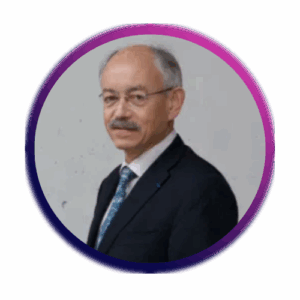
François GERIN
SEE
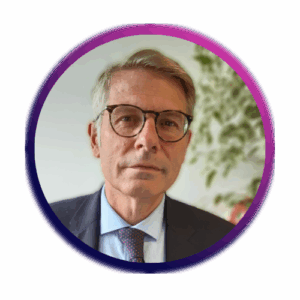
Frédéric BARBARESCO
THALES
ORGANISED BY
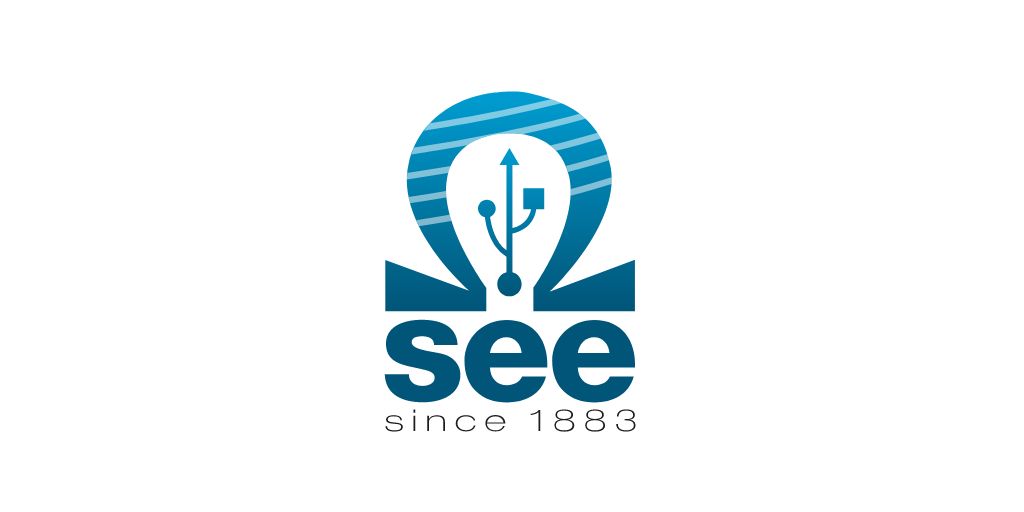
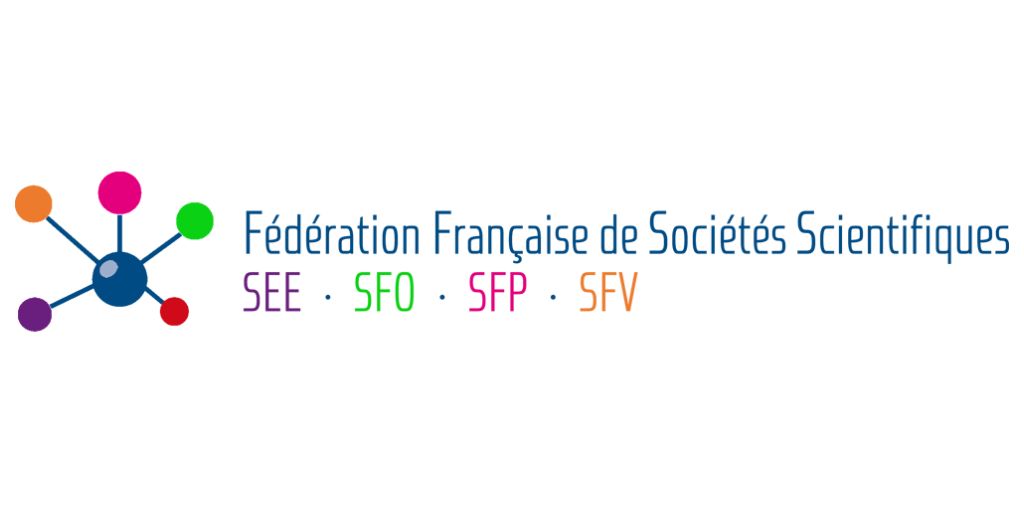
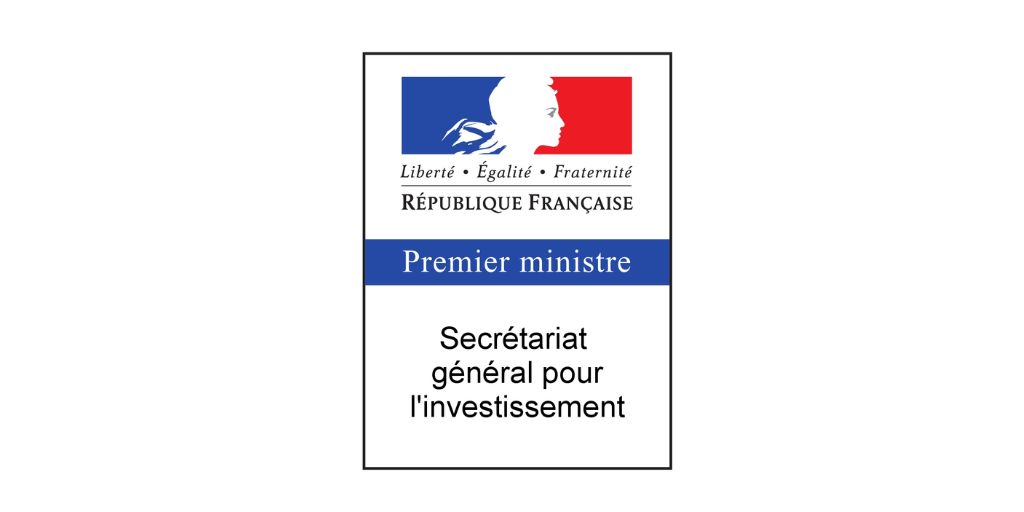
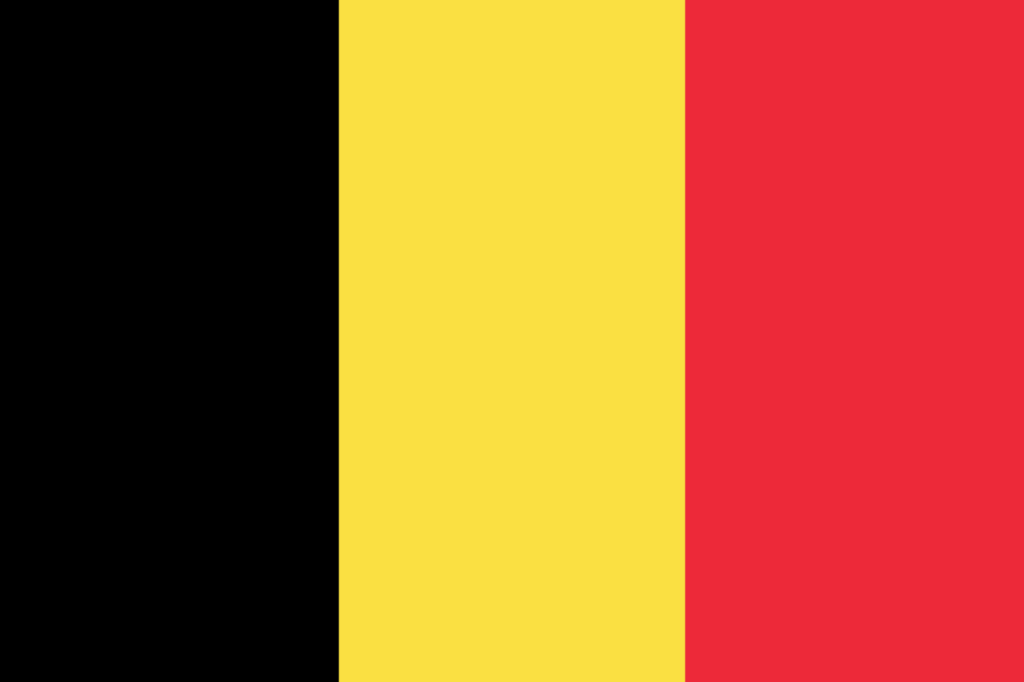
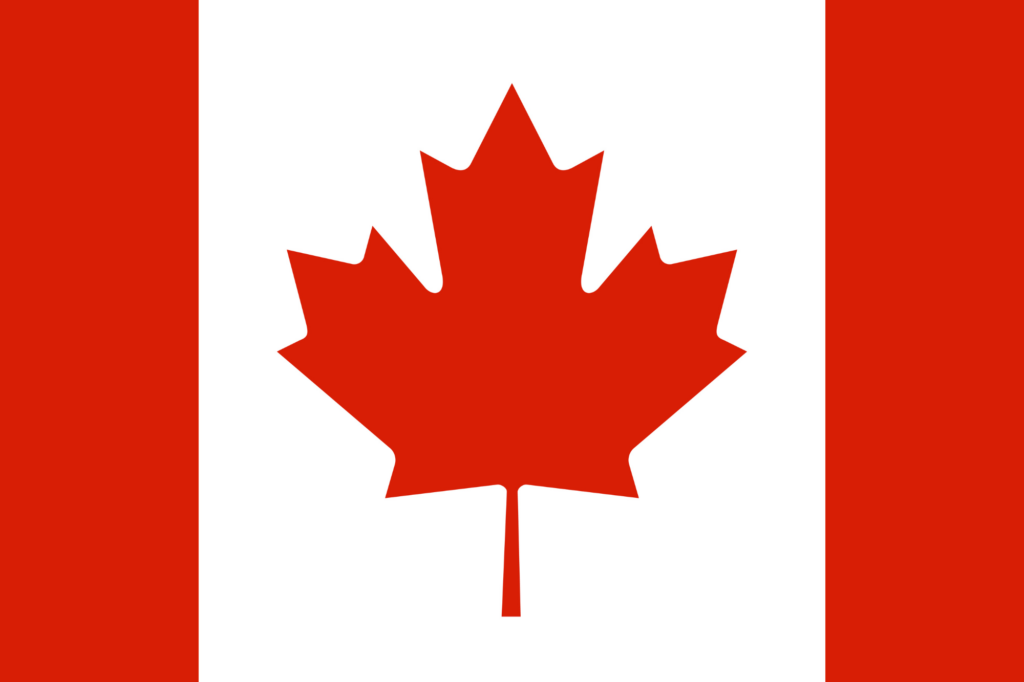
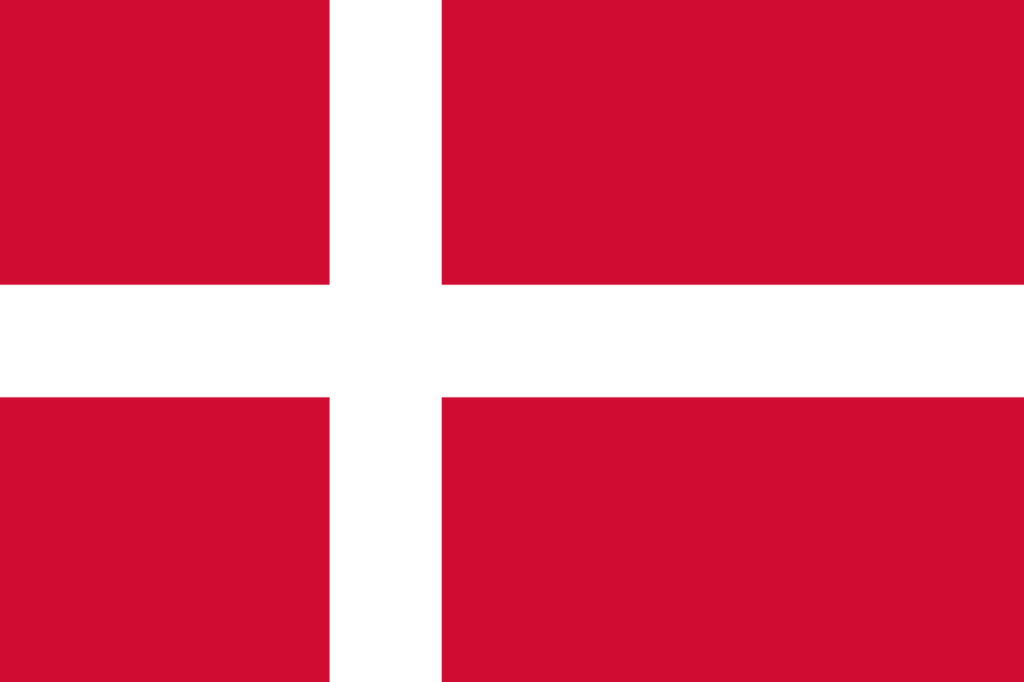
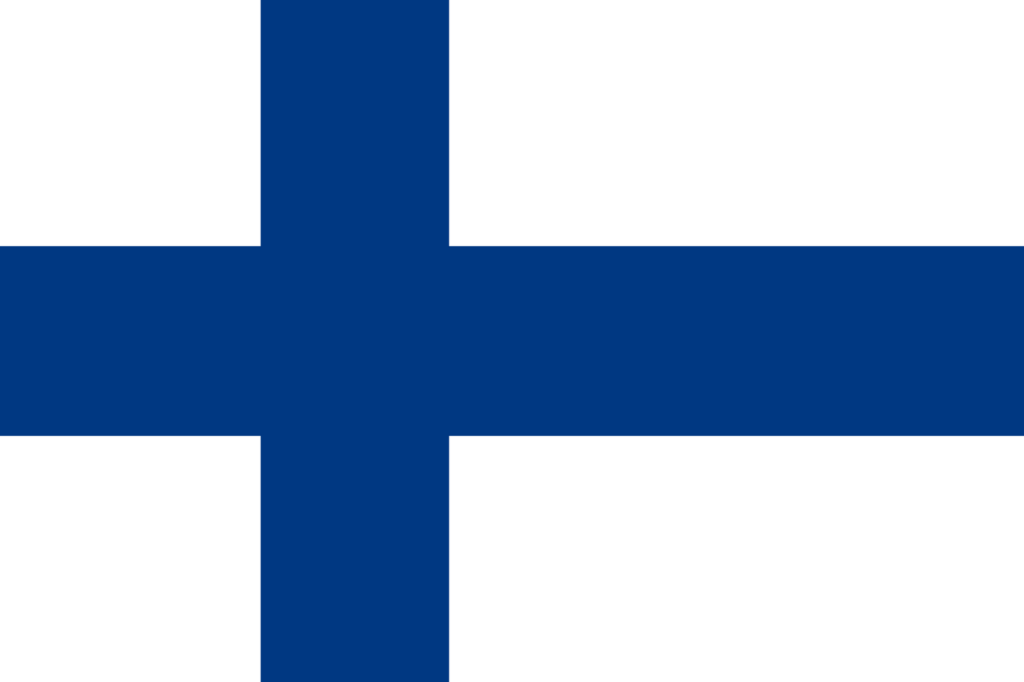
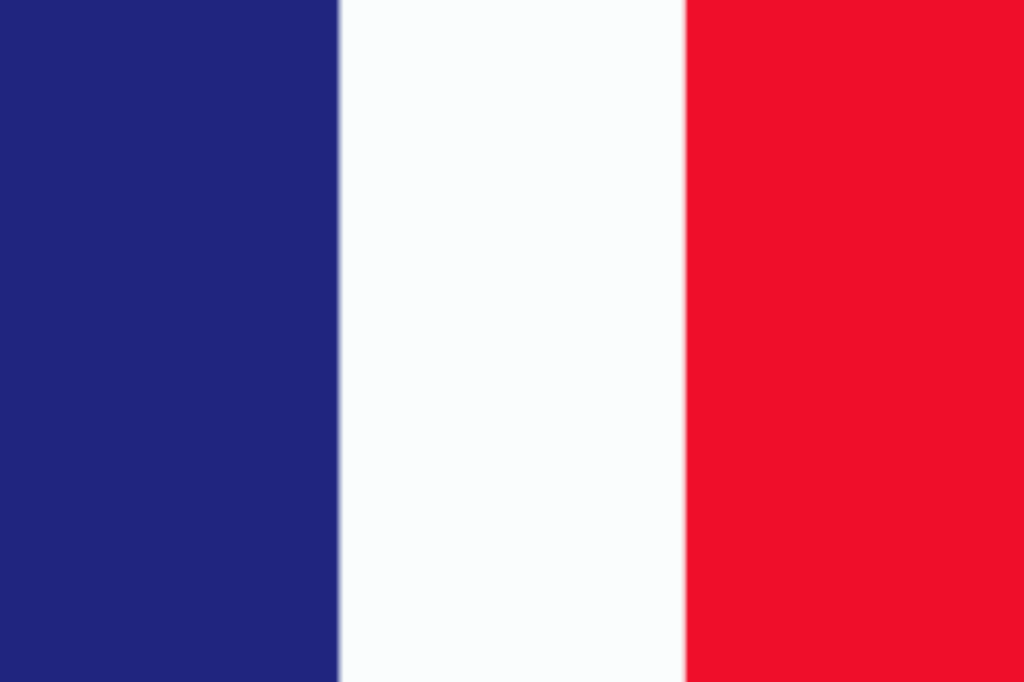
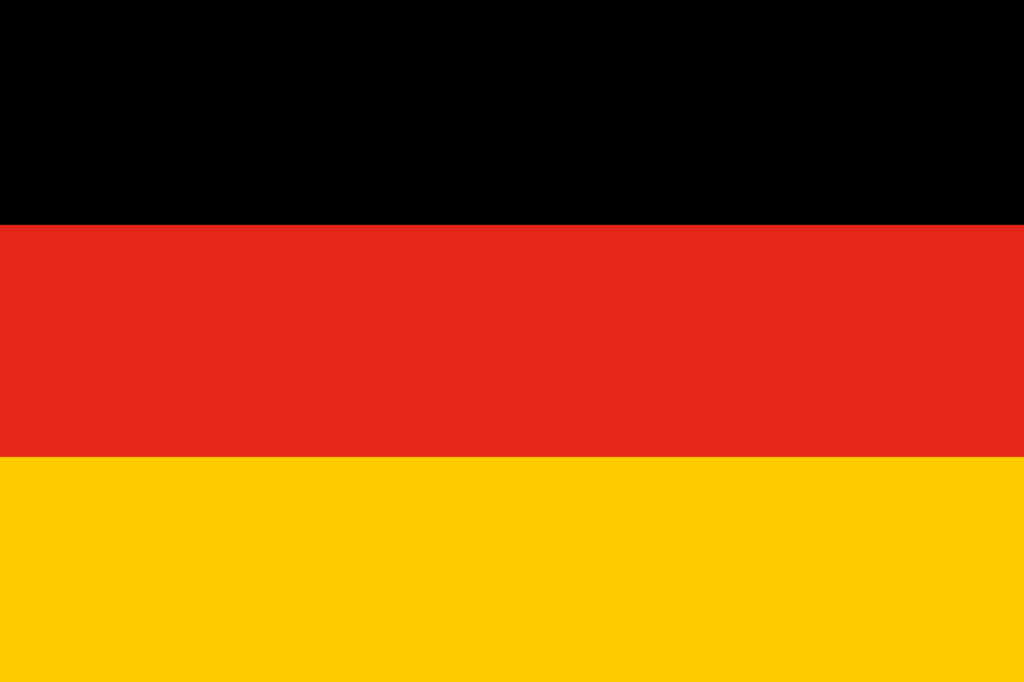
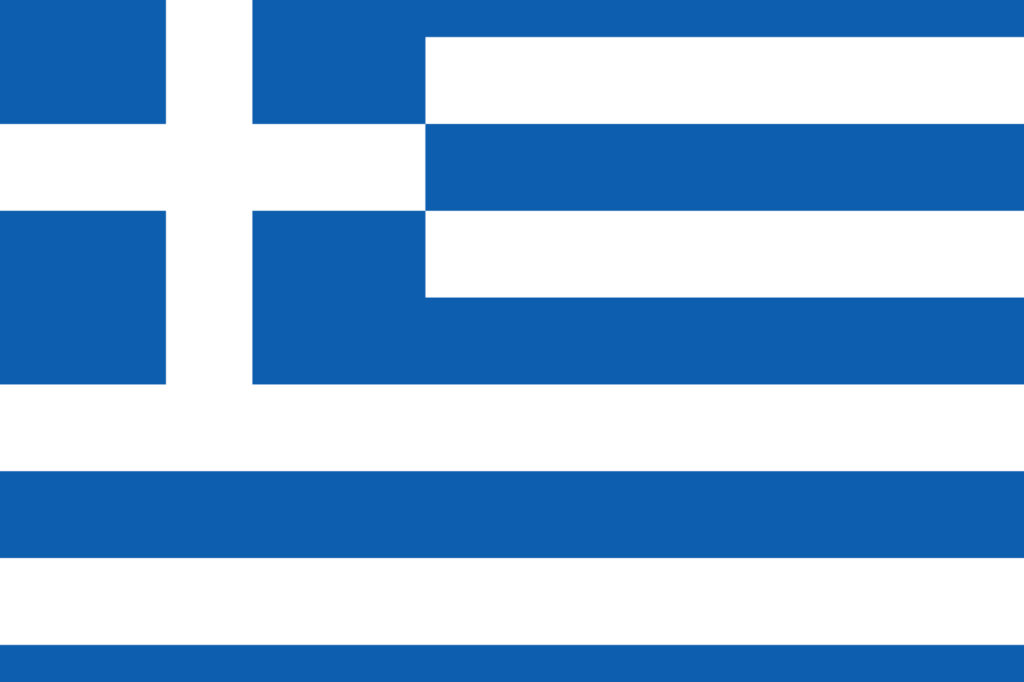
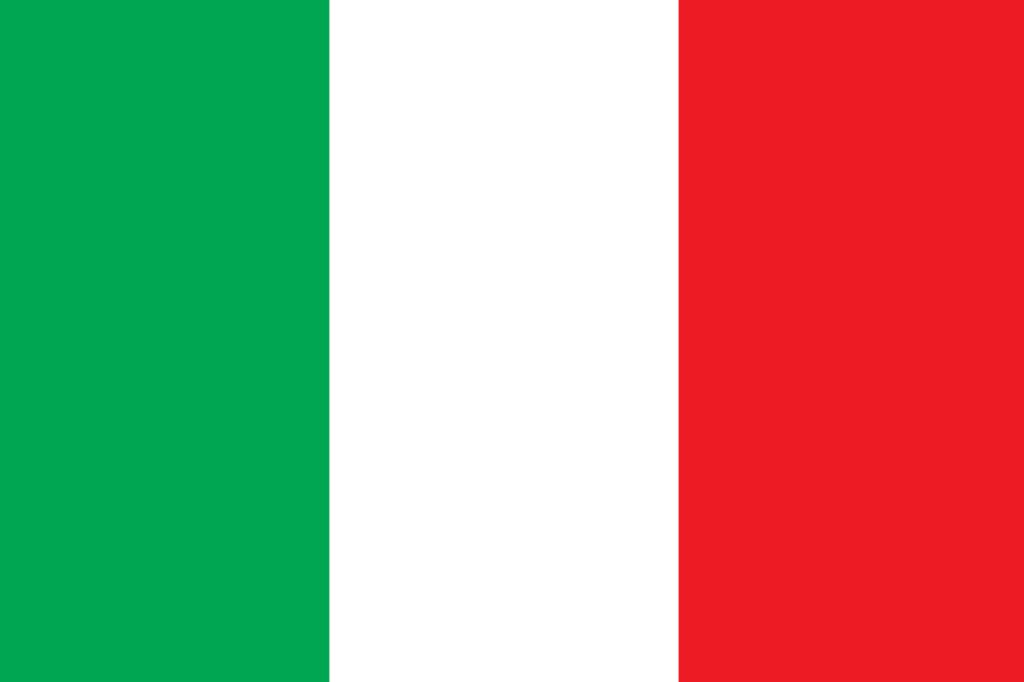
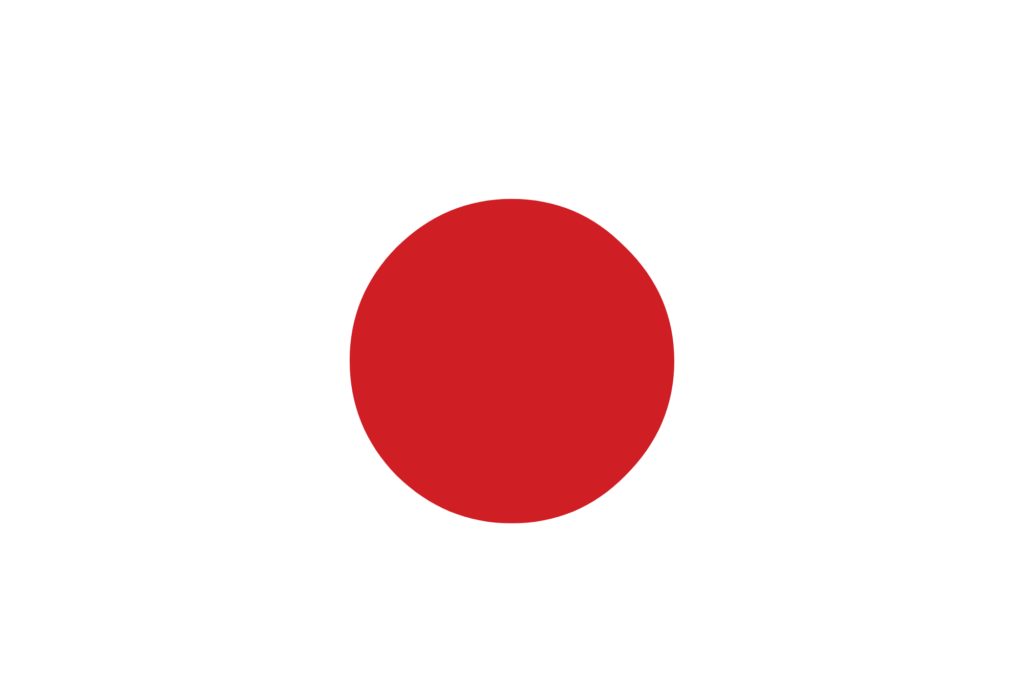
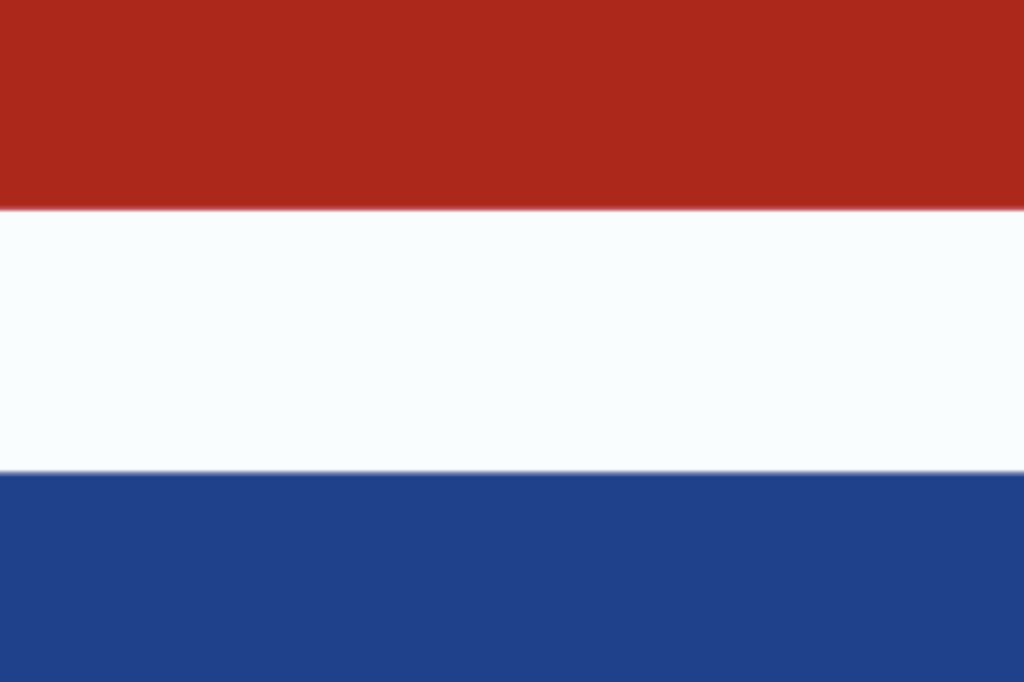
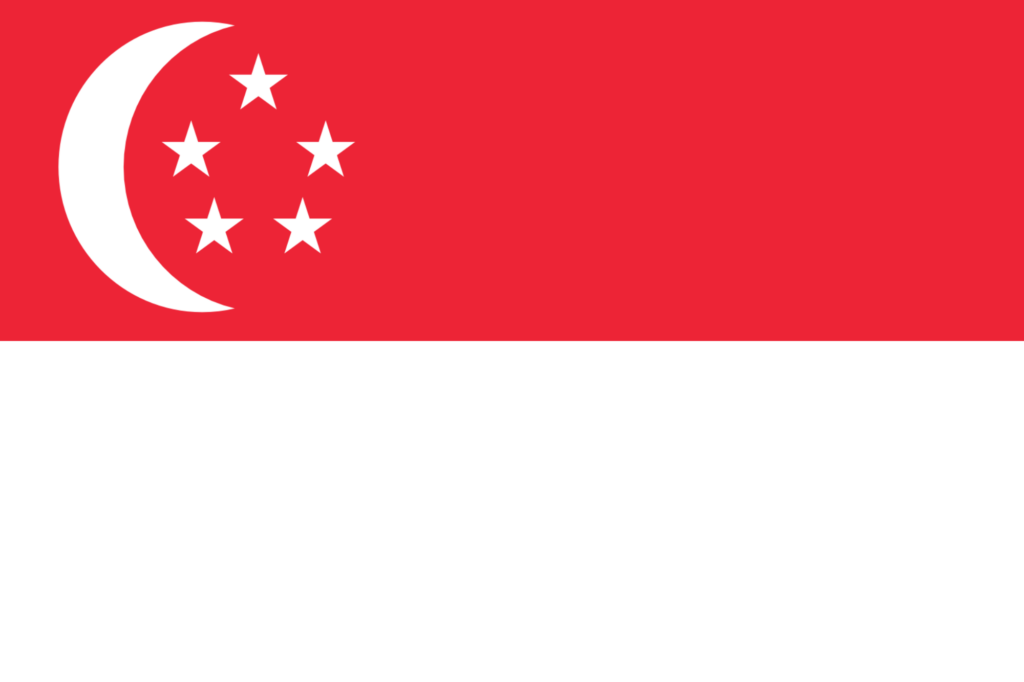
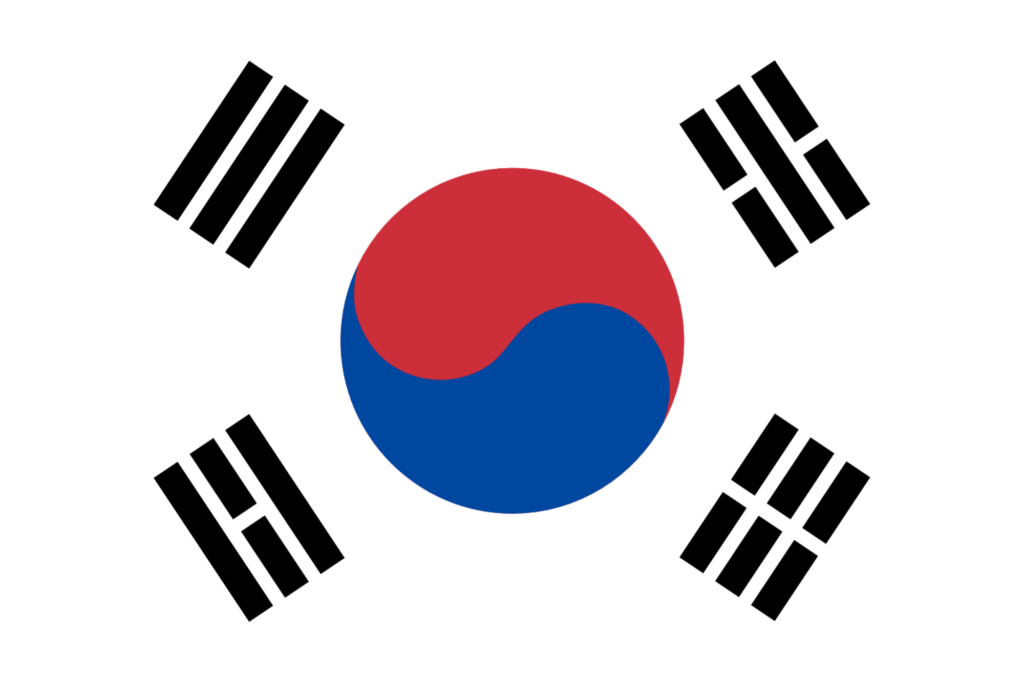
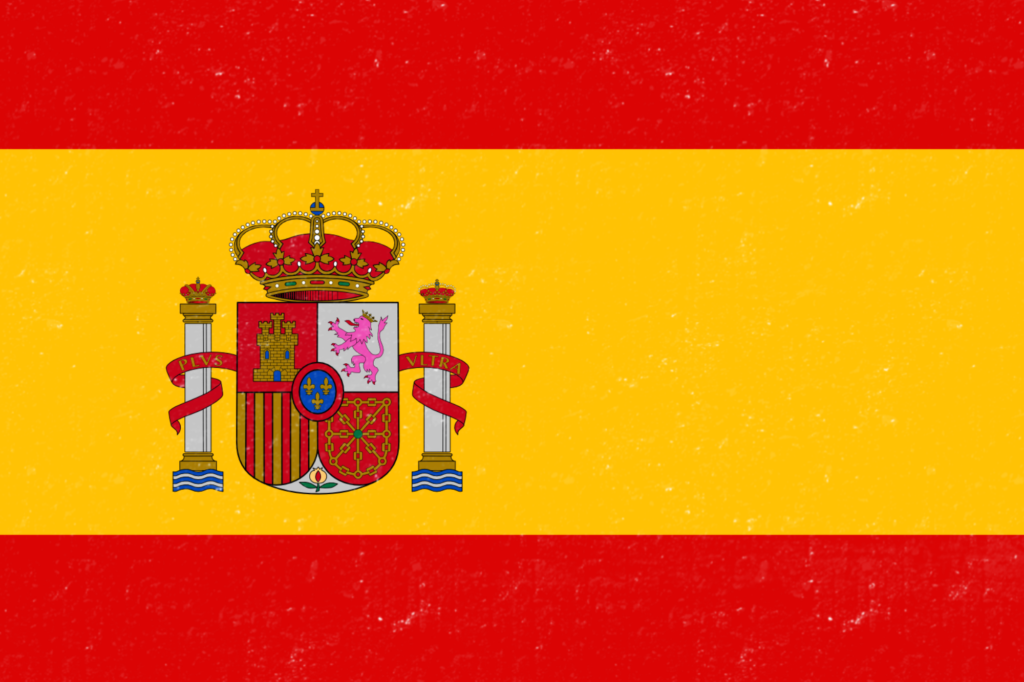
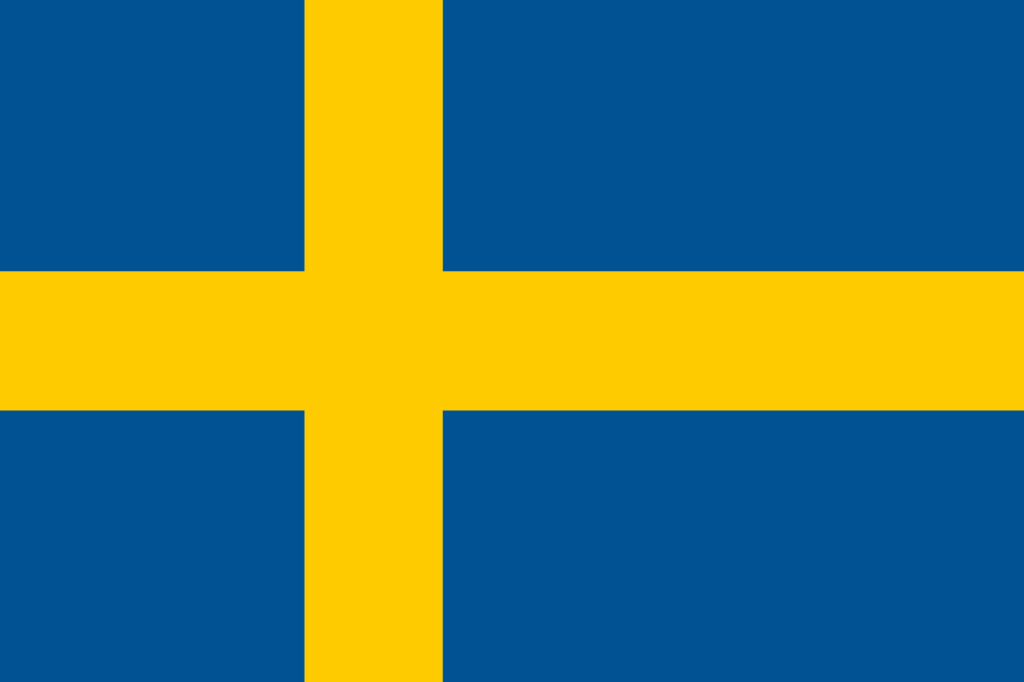
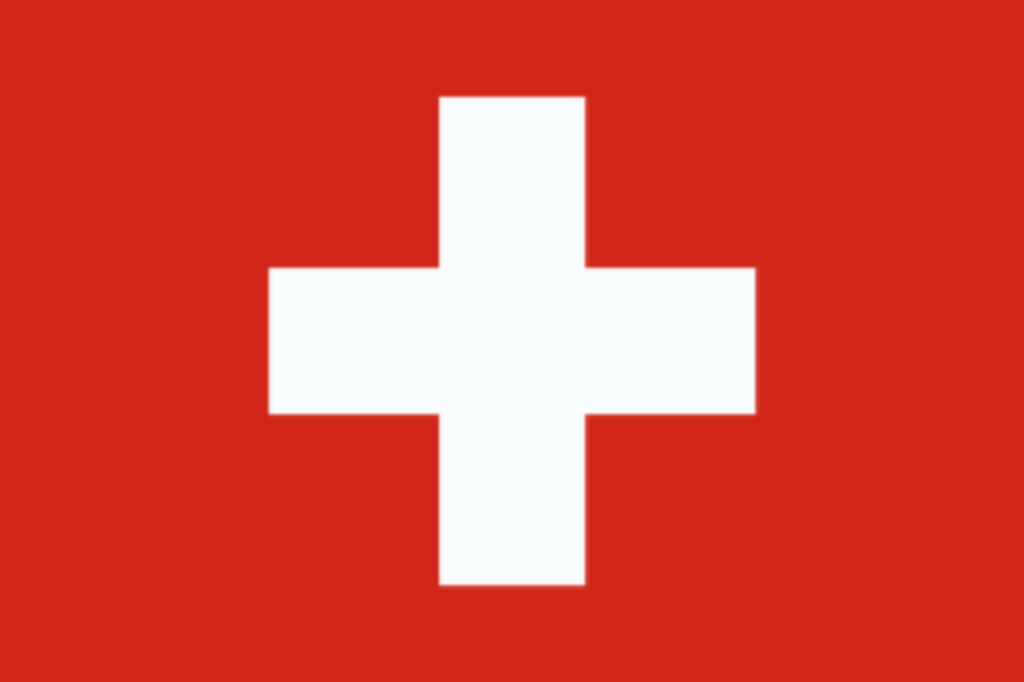



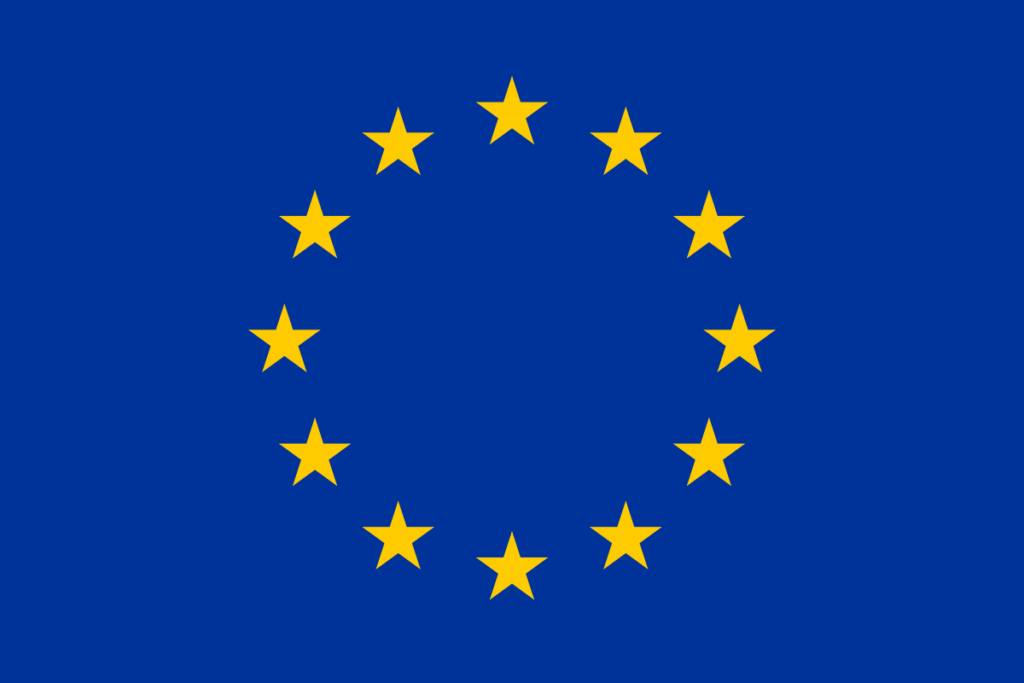
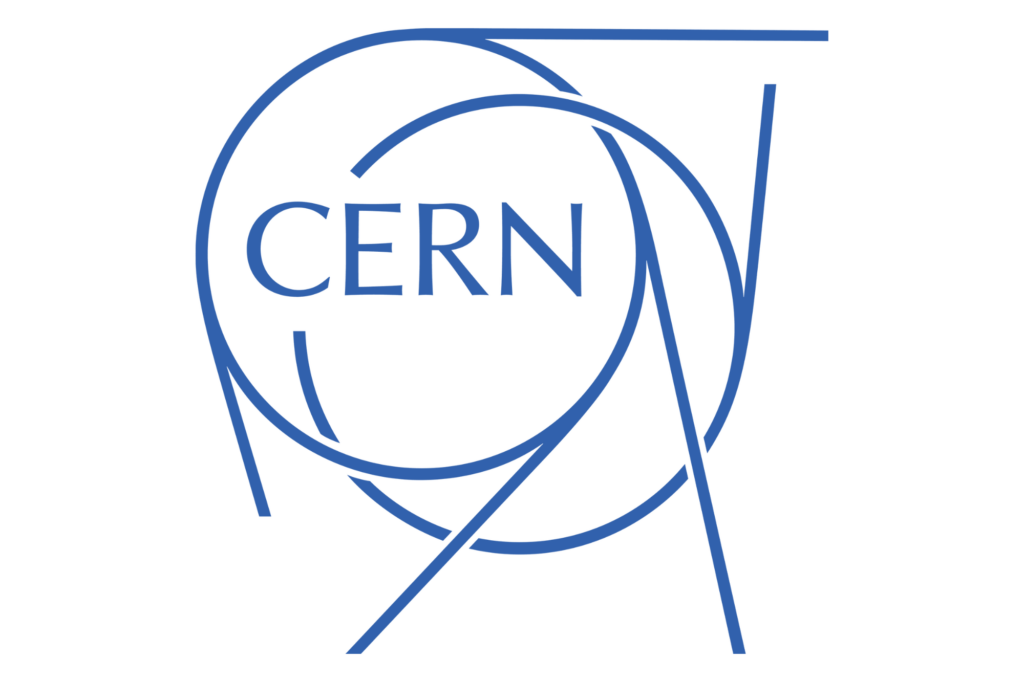
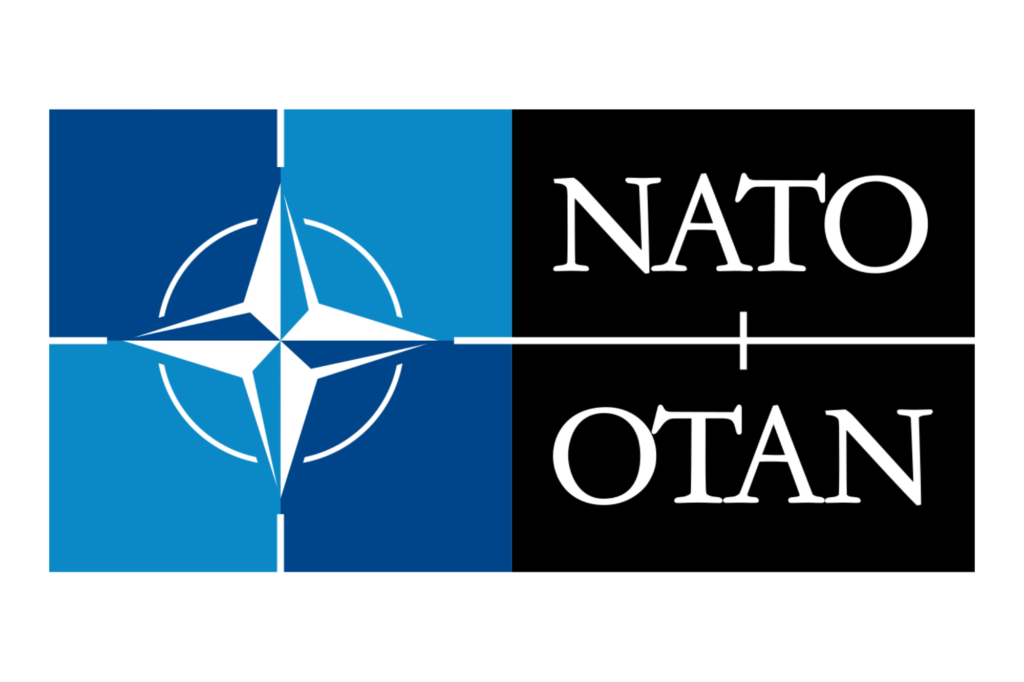
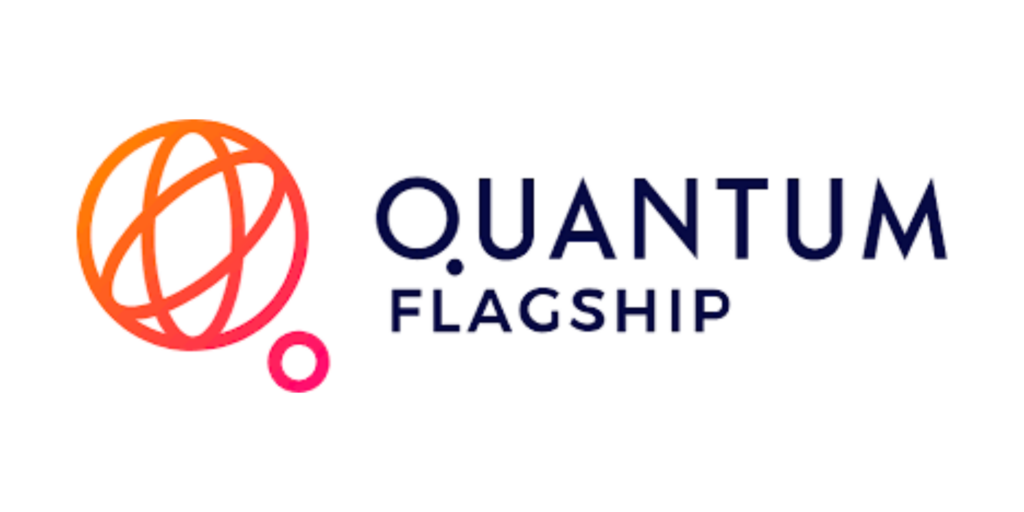
FAST ACCESS
Committees
Committees
Organising Committee
- Imène Ahmed, SEE
- Thomas Antoni, CentraleSupelec
- Sofiane Bahbah, SEDI.ATI, Directeur R&D
- Frédéric Barbaresco, Thales et SEE – ISIC
- Andrea Busch, Quobly
- Loïc Cantu, SEE
- Simon Crispel, GIFAS ALAT
- Fabrice Debbasch, Sorbonne Université
- Guillaume de Giovanni, Viqthor
- Philippe Deniel, CEA
- Thomas Fauvel, Choose Paris Region
- François Gerin, SEE
- Fabrice Guillemin, Orange Labs
- Samy Jousset, Région Ile de France
- Marc Kaplan, Veriqloud
- Romain Kukla, Naval Group
- Jacques-Charles Lafoucrière, CEA
- Marc Leconte, F2S
- Tony Maindron, CEA
- Joseph Mikael, EDF R&D
- Pierre-Elie Normand, Dassault Aviation
- Cécile Perrault, Alice&Bob
- Dr Mathilde Portais, Naval Group
- Setra Rakotomavo, La Poste
- Matthieu Ratiéville, AID et DGA
- Hervé Ribot, Minalogic
- Xavier Sénémaud, SNCF Group
- Félicien Schopfer, LNE
- Mathieu Taupin, LNE
- Emmanuelle Vergnaud, TERATEC
- Daniel Vert, Systematic
- Gilles Zalamansky, GIFAS-Dassault aviation
- Khulud Almutairi, King Saud University 🇸🇦
- Quentin Barbeau, Ambassade du Danemark en France 🇩🇰
- Pr. Philippe Bouyer, Quantum Delta NL 🇳🇱
- Victor Canivell, Qilimanjaro 🇪🇸
- Dr. Amanda Diez, CERN
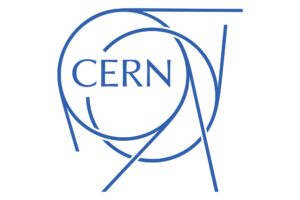
- Pr. Jens Eisert, Freie Universität 🇩🇪
- Dr. Benjamin Frisch, CERN

- Jacques-Henri Gagnon, Ambassade du Canada en France 🇨🇦
- Stefan Haeussler, HENSOLDT 🇩🇪
- Pascal Halffmann, ITWM Fraunhofer 🇩🇪
- Dr. Mélanie Hardman, NPL 🇬🇧
- David Harvey, THALES 🇬🇧
- Pr. Winfried Hensiger, University of Sussex 🇬🇧
- Dr. Toshiyasu Ichioka, RIKEN 🇯🇵
- Pr. Mathieu Juan, U de Sherbrooke 🇨🇦
- Dr. Naoya Kono, Secretariat of Science, Technology and Innovation Policy 🇯🇵
- Megan Lee, MD, Quantum City, U Calgary 🇨🇦
- Jeremy Leow Kwang Siong, FSTD 🇸🇬
- Craig Lloyd, NPL 🇬🇧
- Pr. Sabrina Maniscalco, Algorithmiq 🇫🇮
- Luigi Martiradonna, Riverlane 🇬🇧
- Liran Naaman, Quantum Delta NL 🇳🇱
- Yuichi Nakamura, VP NEC Corporation 🇯🇵
- Hiro Nakata, COO Jij Inc. 🇯🇵
- Nico Piatkowski, IAIS Fraunhofer 🇩🇪
- Frank Phillipson, TNO NL, OTAN group 🇳🇱
- Florentin Reiter, IAF Fraunhofer 🇩🇪
- Pr. Mitsuhisa Sato, RIKEN R-CCS 🇯🇵
- Dr. Jan Schorer, HENSOLDT 🇩🇪
- Dr. Najwa Sidqi, National Quantum Computing Center 🇬🇧
- Kako Sugiyama, AIST 🇯🇵
- Dr. Dunlin Tan, THALES Asia 🇸🇬
- Hiroaki Tezuka, AIST 🇯🇵
- Malak Trabelsi Loeb, Vernewell Academy 🇦🇪
- Göran Wendin, RISE 🇸🇪
Scientific Committee
- Neil Abroug, INRIA
- Dr. Nina Amini, CentraleSupelec
- Thomas Antoni, CentraleSupelec (Quantum Sensors)
- Frédéric Barbaresco, Thales et SEE
- Pascale Bendotti, EDF R&D (Quantum Computers)
- Dr Mathieu Bertrand, Thales Alenia Space
- Quentin Bodart, Crystal Q. Computing (Quantum Computers)
- Marie-Elisabeth Campo, EM Armée air+espace (Quantum Computers; Enabling Technologies)
- Patrick Carribault, CEA DAM hpc (Quantum Computers)
- Franck Correia, DGA (Quantum Computers; Enabling Technologies)
- Nicolas Daval, Quobly (Quantum Computers)
- Matthieu Desjardins, C12 (Quantum computers)
- Guillaume de Giovanni, Viqthor (Enabling Technologies)
- Philippe Deniel, CEA (Quantum Computers)
- Alain Dessertaine, La Poste
- Daniel Dolfi, Thales (Quantum Sensors)
- Christophe Domain, EDF R&D (Quantum Computers)
- Olivier Ezratty, auteur (Quantum Computers; Enabling Technologies)
- Nicolas Fabre, Télécom Paris, IPP, QuantEduFrance (Quantum Communications)
- Luc Gérardin, University of Sussex (Quantum Computers)
- François Gerin, SEE
- Fabrice Guillemin, Orange Labs (Quantum Communications)
- Mahamed Hibti, EDF R&D (Quantum Computers)
- Israel Hinostroza, Centrale Supelec/SONDRA
- Daniel Huerga, ONERA
- Marc Kaplan, Veriqloud (Quantum Communications)
- Catherine Lambert, Académie des technologies (Quantum Computers)
- Pr. Philippe Lacomme
- François-Marie Le Régent, Pasqal
- Stéphanie Molin, Thales (Quantum Communications)
- Myriam Nouvel, Thales
- Cécile Perrault, Alice&Bob (Quantum Computers)
- Tony Quertier, Orange (Quantum Computers)
- Stéphane Saillant, ONERA/SONDRA
- Tanguy Sassolas, CEA
- Félicien Schopfer, LNE (Quantum Sensors)
- André Schrottenloher, INRIA (Quantum Computers)
- Sylvain Schwartz, GIFAS –ONERA (Quantum Sensors)
- Mohammed Serhir, Centrale Supélec/SONDRA
- Jean Sénellart, Quandela (Quantum Computers)
- Mathieu Taupin, LNE (Enabling Technologies)
- Mathias van den Bossche, Thales (Quantum Communications)
- Christophe Vasse, THALES
- Benoît Vermersch, Quobly (Quantum Computers)
- Daniel Vert, Systematic (Quantum Computers)
- Stéphane Vialle, , CentraleSupélec, Université Paris-Saclay (Quantum Computers)
- Loïc Viguerie, Cryoconcept, Air Liquide (Enabling Technologies)
- Dr. Y. Amagai, AIST
- Pr. Dimitris Angelakis, TU Crete, CQT Singapore, AngelQ Quantum Computing
- Dr. Bhashyam Balaji, DRDC Ottawa
- Pr. Nadia Boutabba, IAT, Abou Dhabi
- Harry Buhram, Quantinuum
- Dr. Joan Camps, Riverlane
- Adam Connoly, Quantinuum
- Pr. Stefan Creemers, UC Louvain
- Dr. Giacomo Corrielli, Ephos/IFN-CNR
- Pr. Merouane Debbah, KU 6G RC Abu Dhabi
- Amer Delilbasic, FZ Jülich 🇩🇪
- Ivo Pietro Degiovanni, INRIM
- Dr. Andreas Elben, PSI
- Dr. Jaap Essing, TNO
- Dr. James Grieve, TII Abu Dhabi
- Stefan Haeussler, HENSOLDT
- Pascal Halffmann, ITWM Fraunhofer
- David Harvey, THALES
- Dr. Magnus Hoijer, FOI
- Pr. Min-Hsiu Hsieh, Foxconn
- Dr. Kong Jian Feng, PIC IHPC
- Pr. Aolita Leandro, 6G RC Abu Dhabi
- Tobias Lindstrom, NPL 🇬🇧
- Jeanette Miriam Lorenz, IKS Fraunhofer, Germany 🇩🇪
- Pr. Swapan Mandal, Dept of Physics, Visva Bharati 🇮🇳
- Ulrich Mans, Quantum Delta NL 🇳🇱
- Francesco Mauro, Sannio University 🇮🇹
- Pr. Mathias Möller, TU Delft 🇳🇱
- Pr. Mikko Möttönen, Aalto University 🇫🇮
- Frank Nielsen, Sony Computer Science Laboratories Inc 🇯🇵
- Yasser Omar, PQI – Portuguese Quantum Institute 🇵🇹
- Pr. Dimitrios Papadimitriou, U. Libre de Bruxelles 🇧🇪
- Nico Piatkowski, IAIS Fraunhofer 🇩🇪
- Dr. Jonathan Pisane, THALES BELGIUM 🇧🇪
- Dr. René Reimann, TII Abu Dhabi 🇦🇪
- Pr. Hisham Sati, Director CQTS, NYU, Dubai 🇦🇪
- Dr. Jan Schorer, HENSOLDT 🇩🇪
- Dr. Priyank Singh, Aalto University 🇫🇮
- Dr. Dunlin Tan, THALES Asia 🇸🇬
- Dr. Guido Torrese, THALES 🇧🇪
- Pierfrancesco Ulpiani, Leonardo 🇮🇹
- Dr. Mark Webber, Universal Quantum 🇬🇧
- Ronin Wu, QunaSys 🇯🇵
- Yu Yamashiro, Jij and Q-STAR 🇯🇵
- Jun Ye, A-Star 🇸🇬
- Dr. Su Yi, ED IHPC 🇸🇬
- Dr. Ugo Zanforlin, Leonardo 🇮🇹
- Pr. Dominik Zumbuhl, University Basel 🇨🇭


